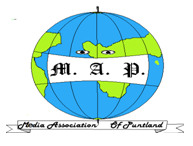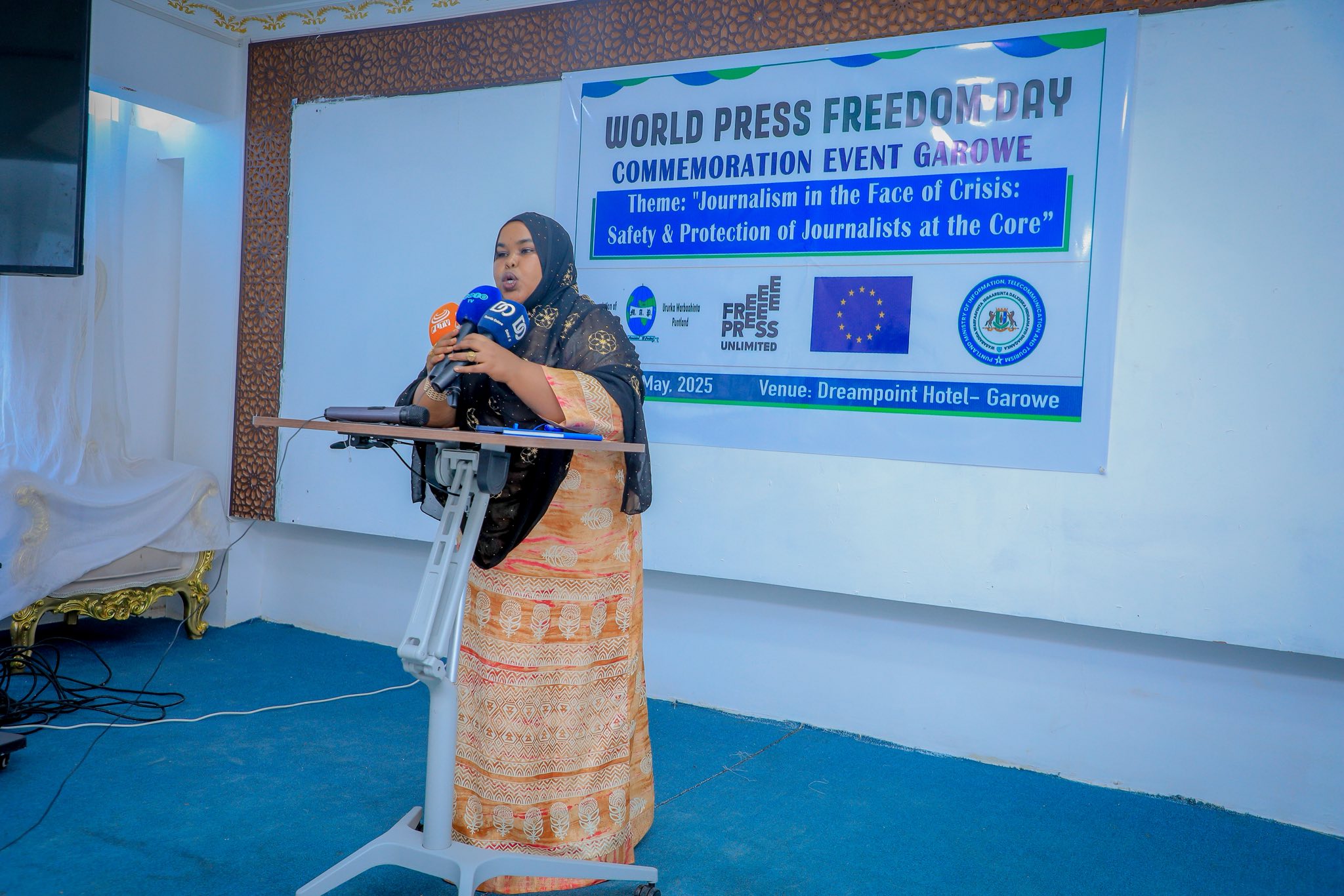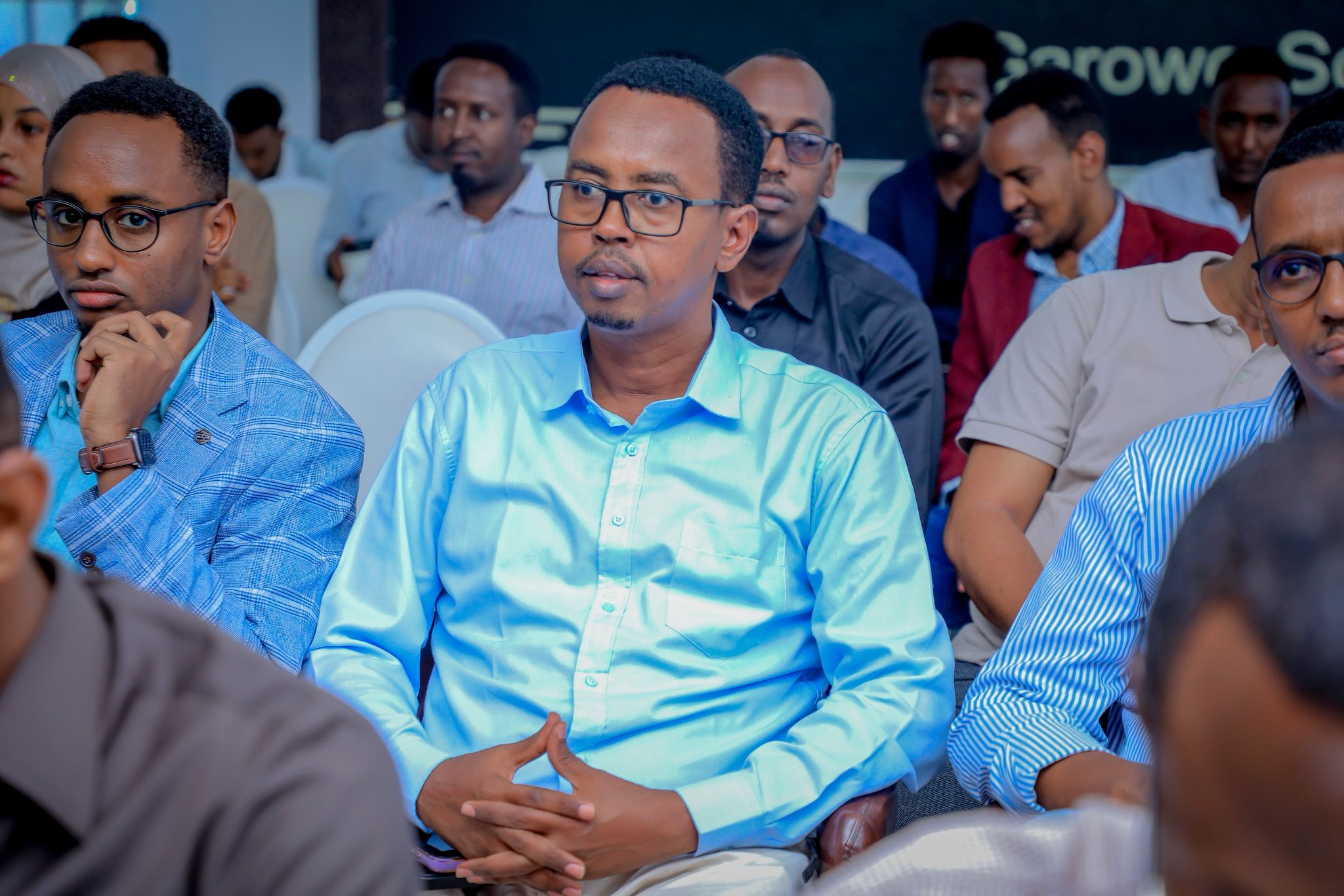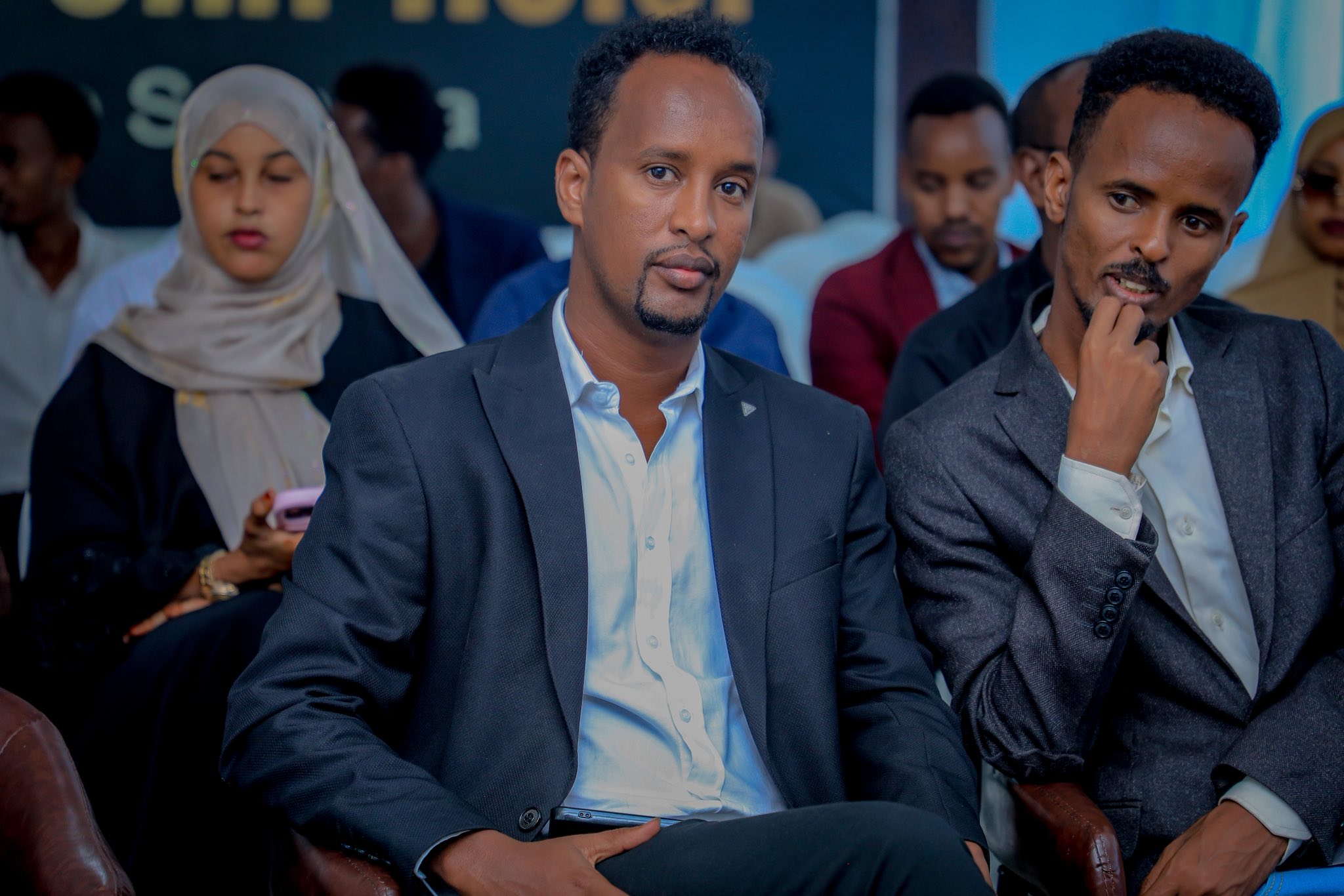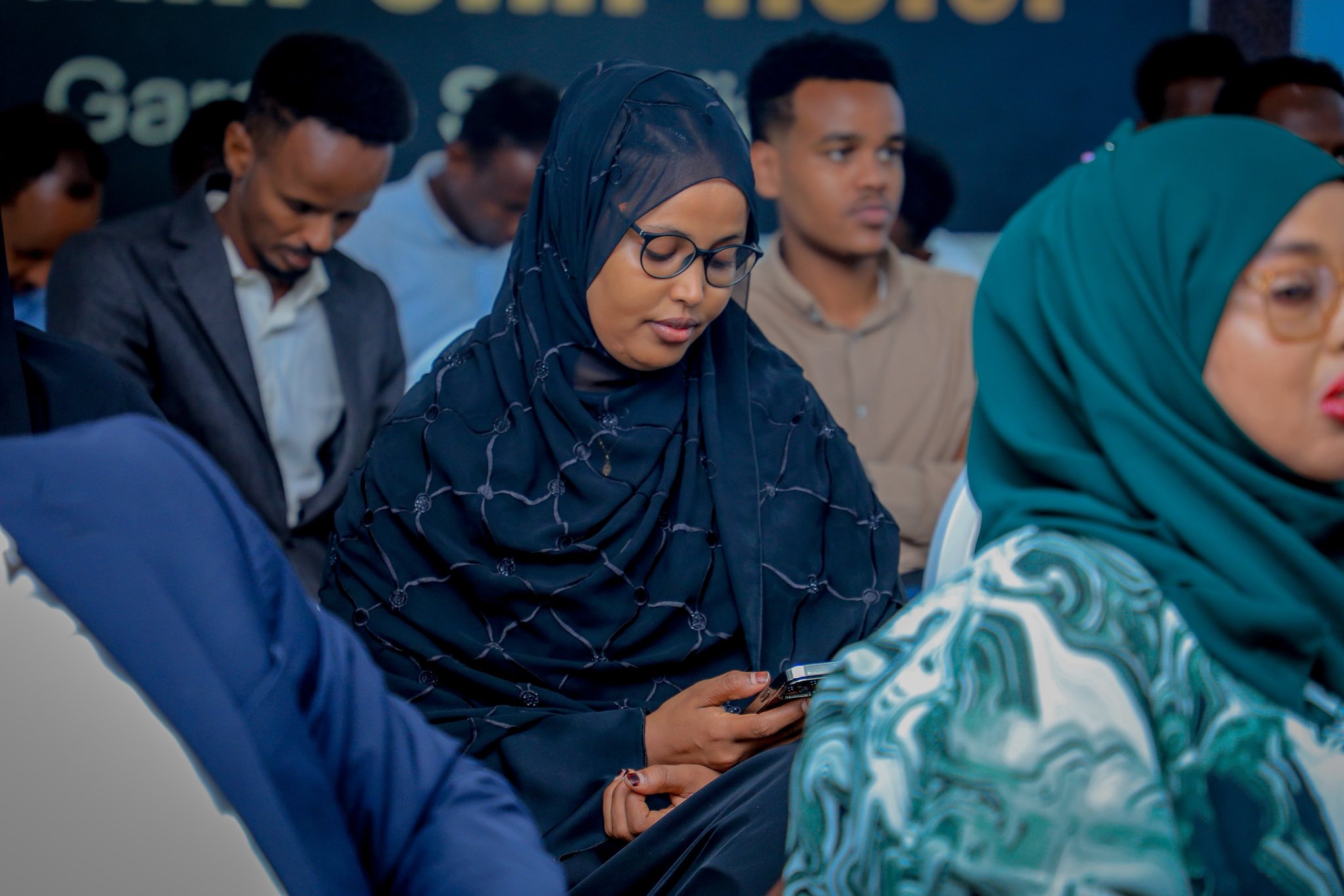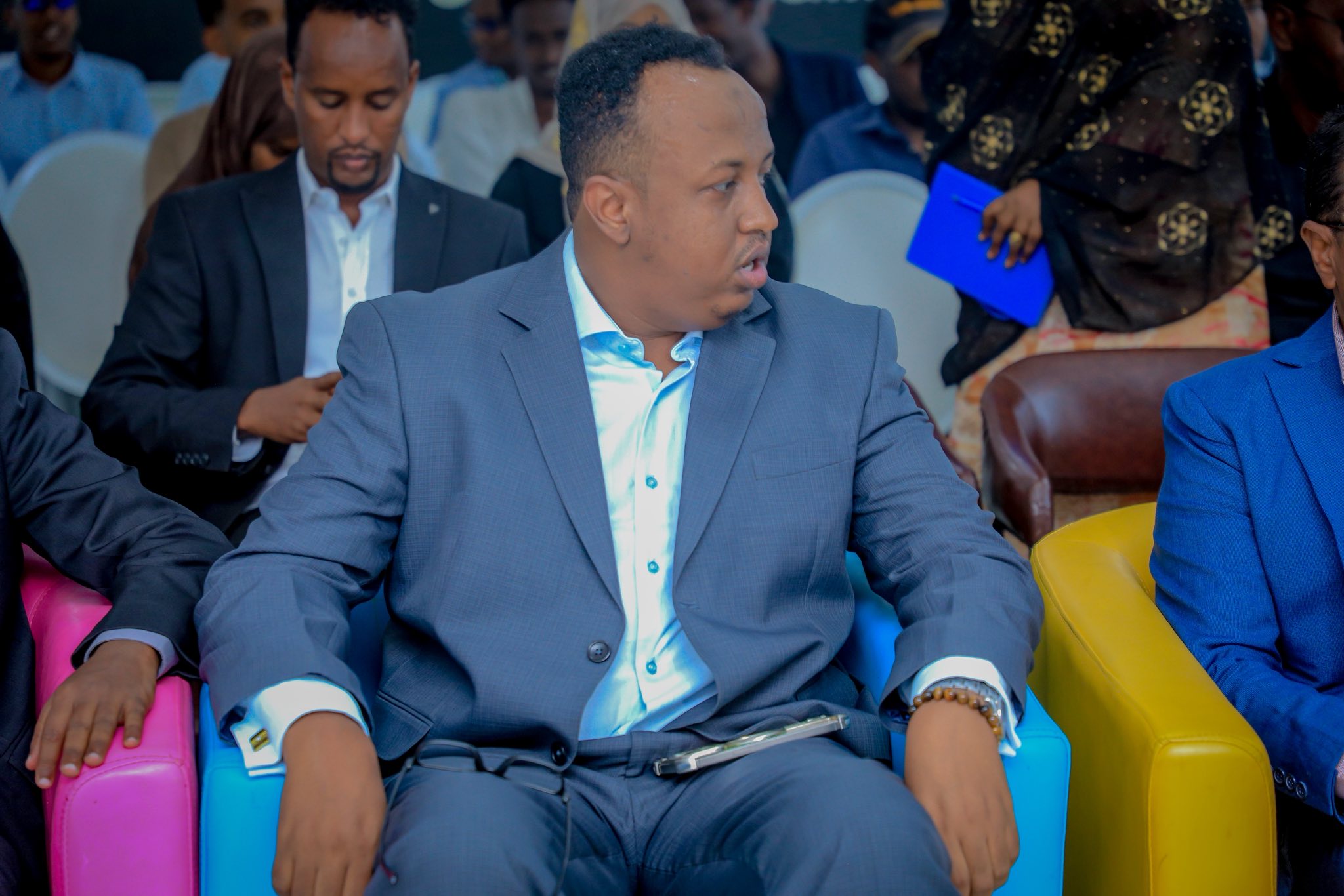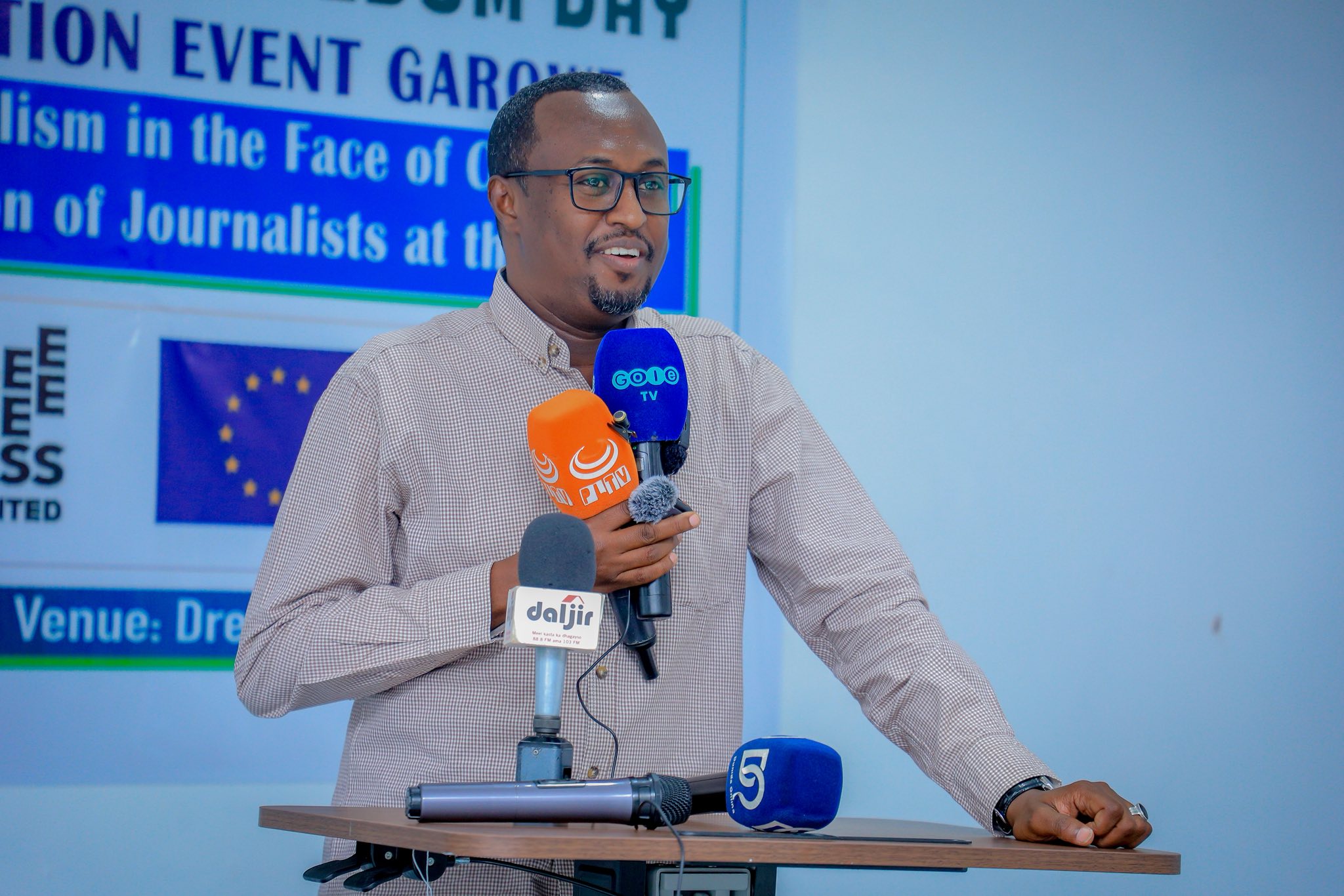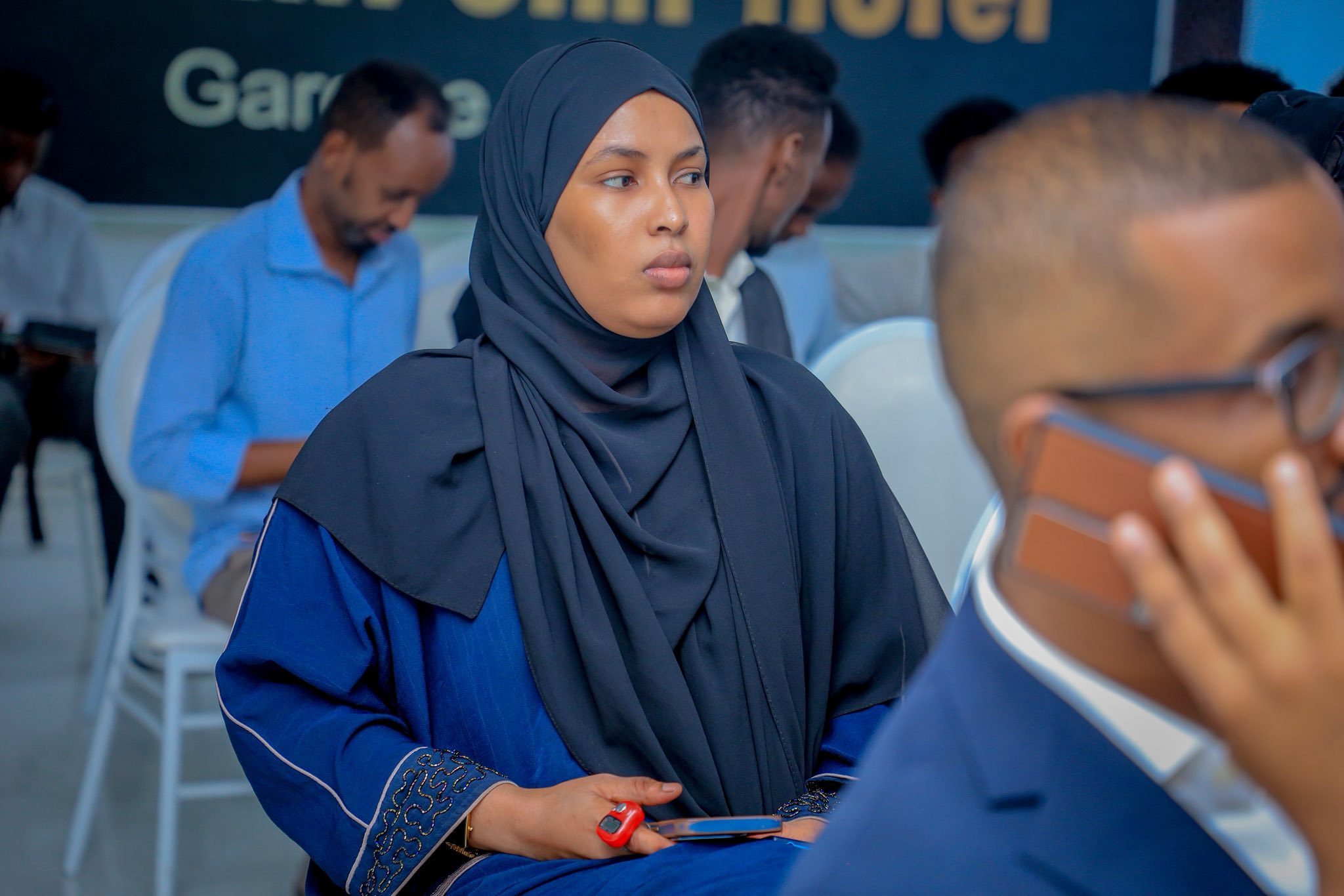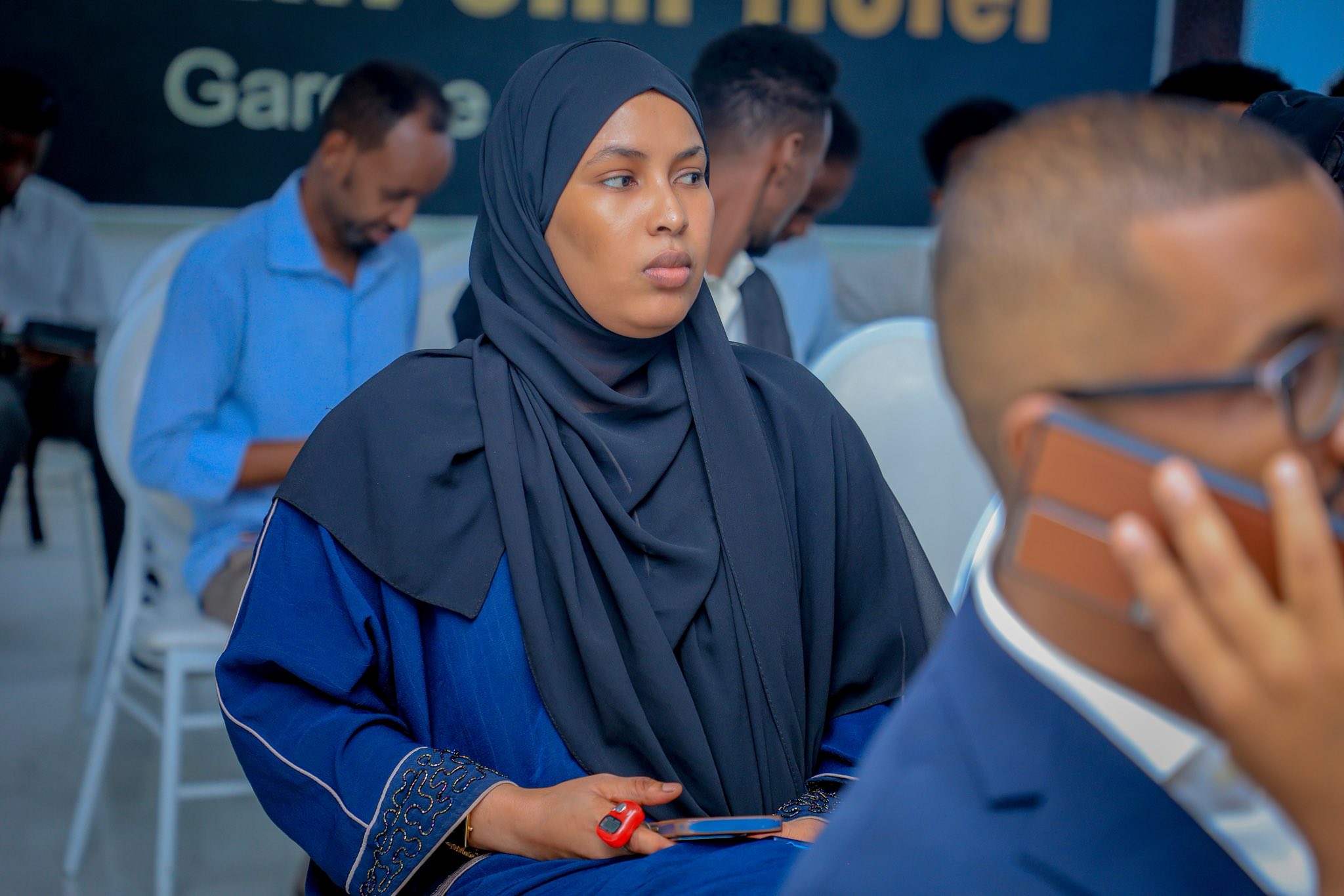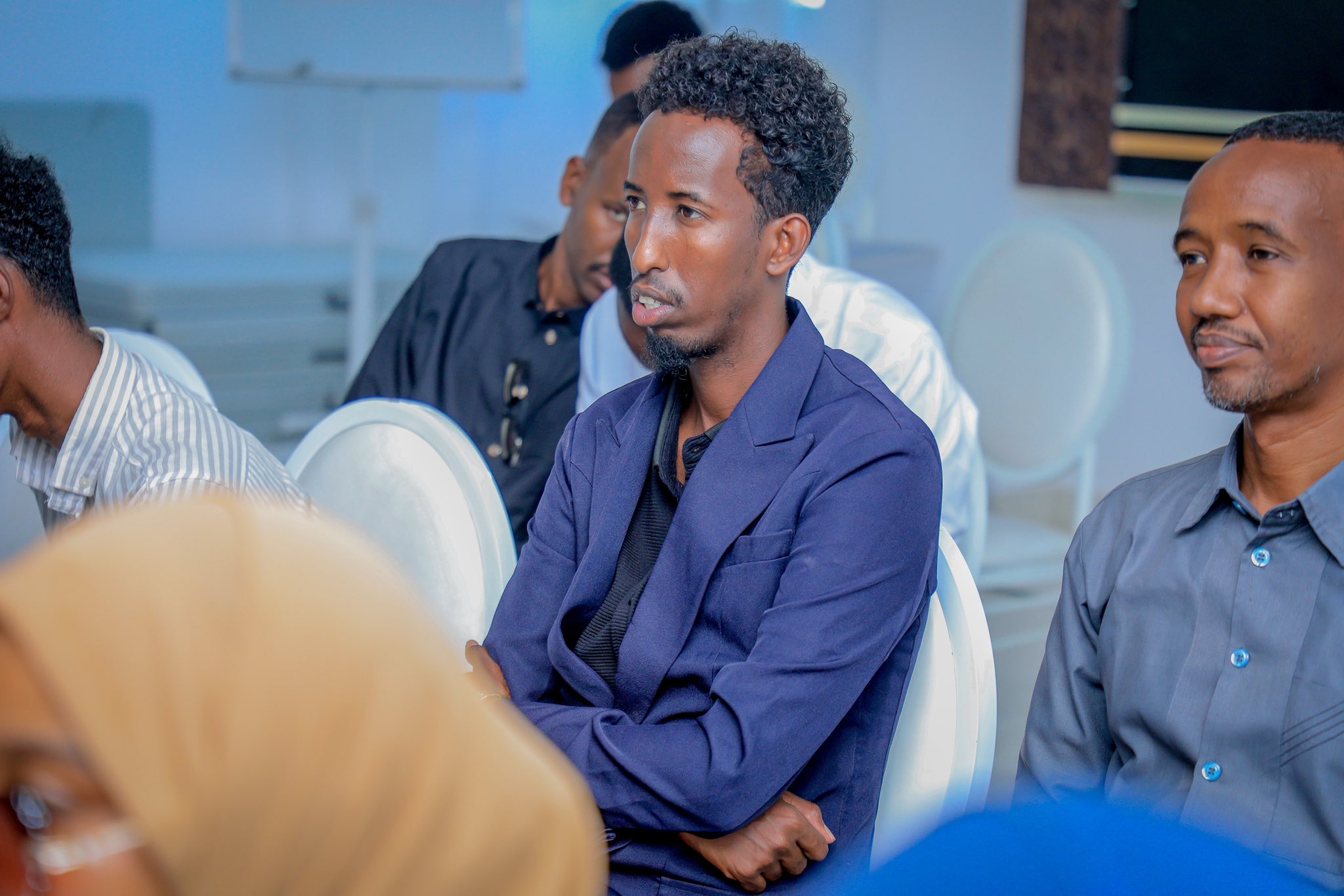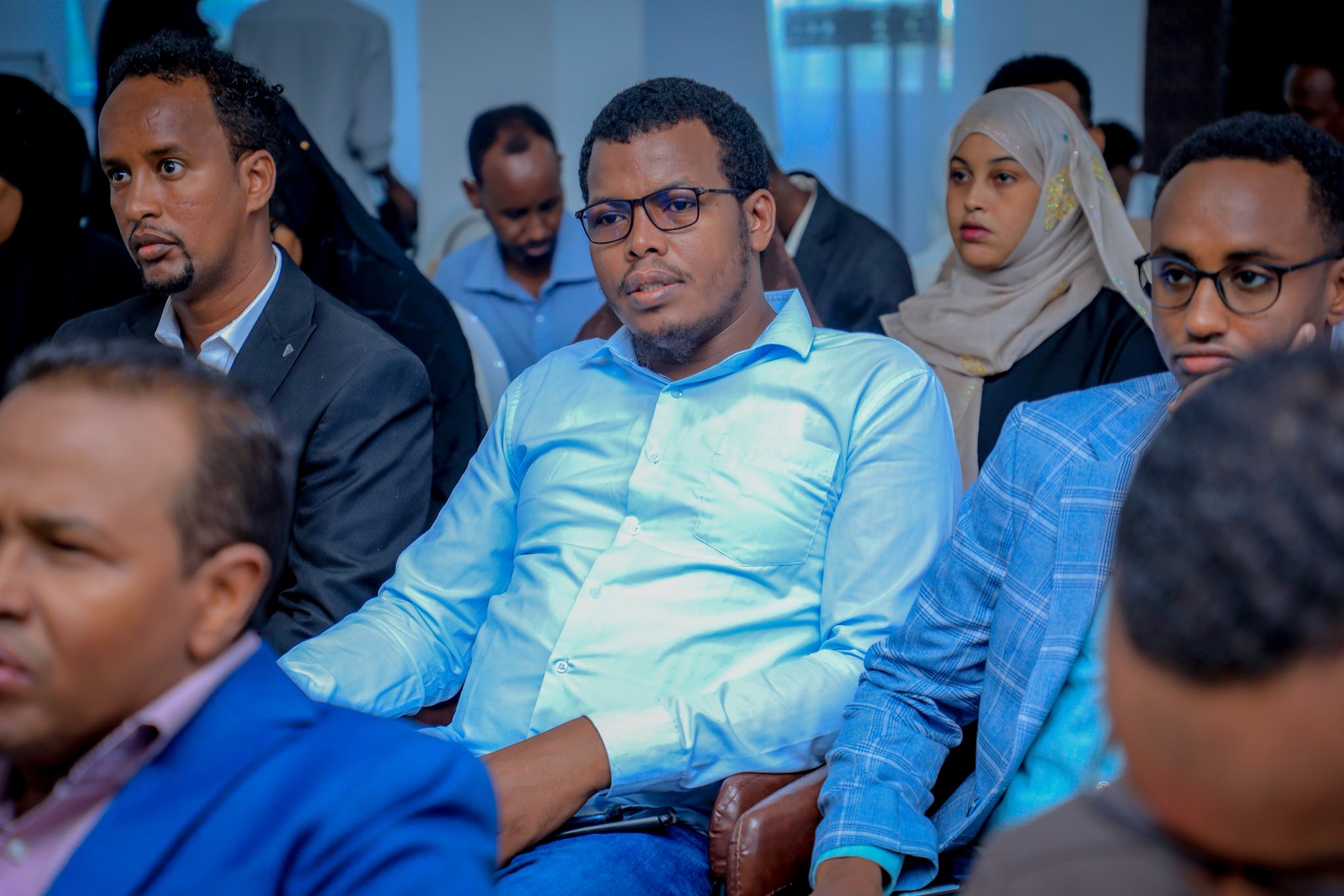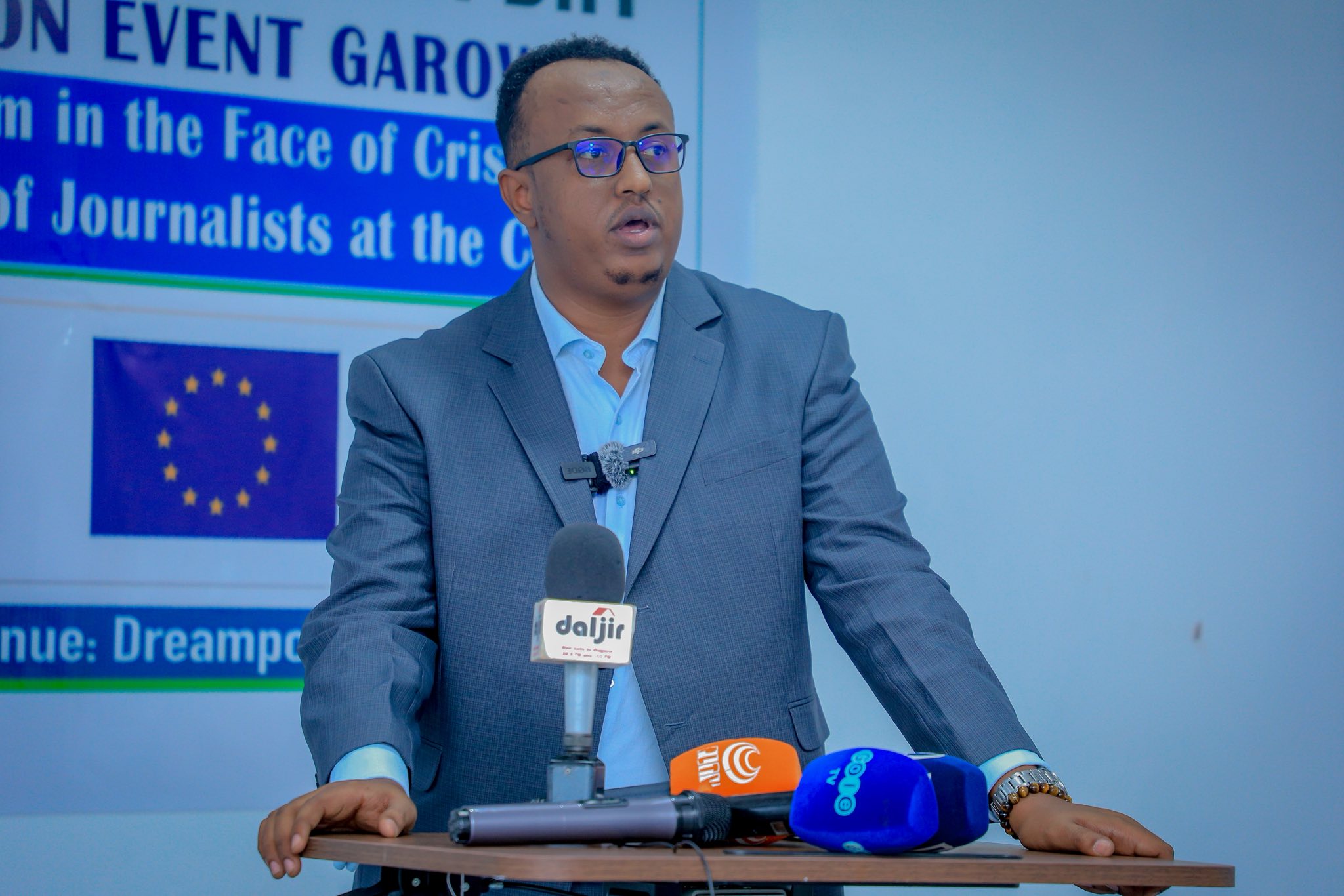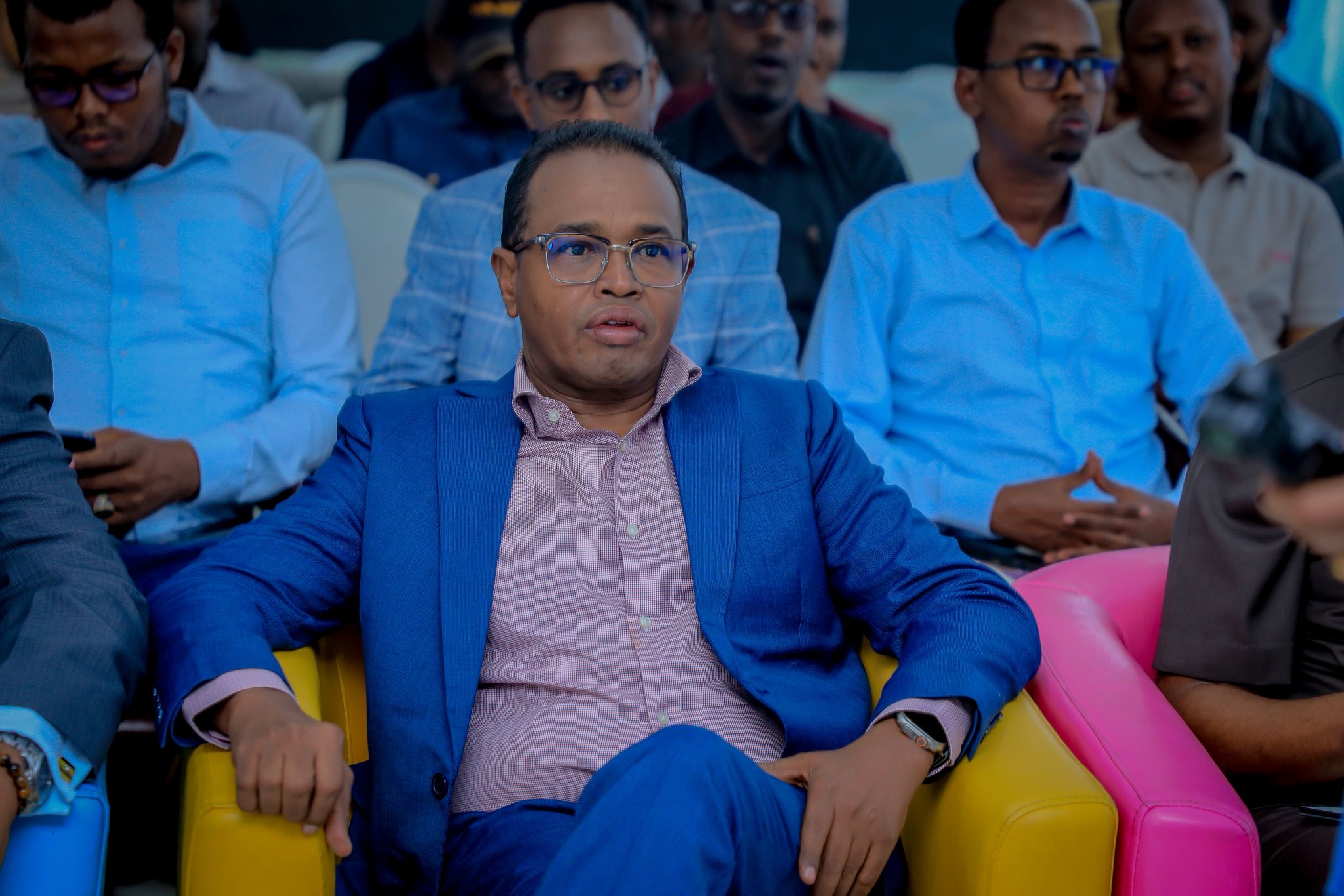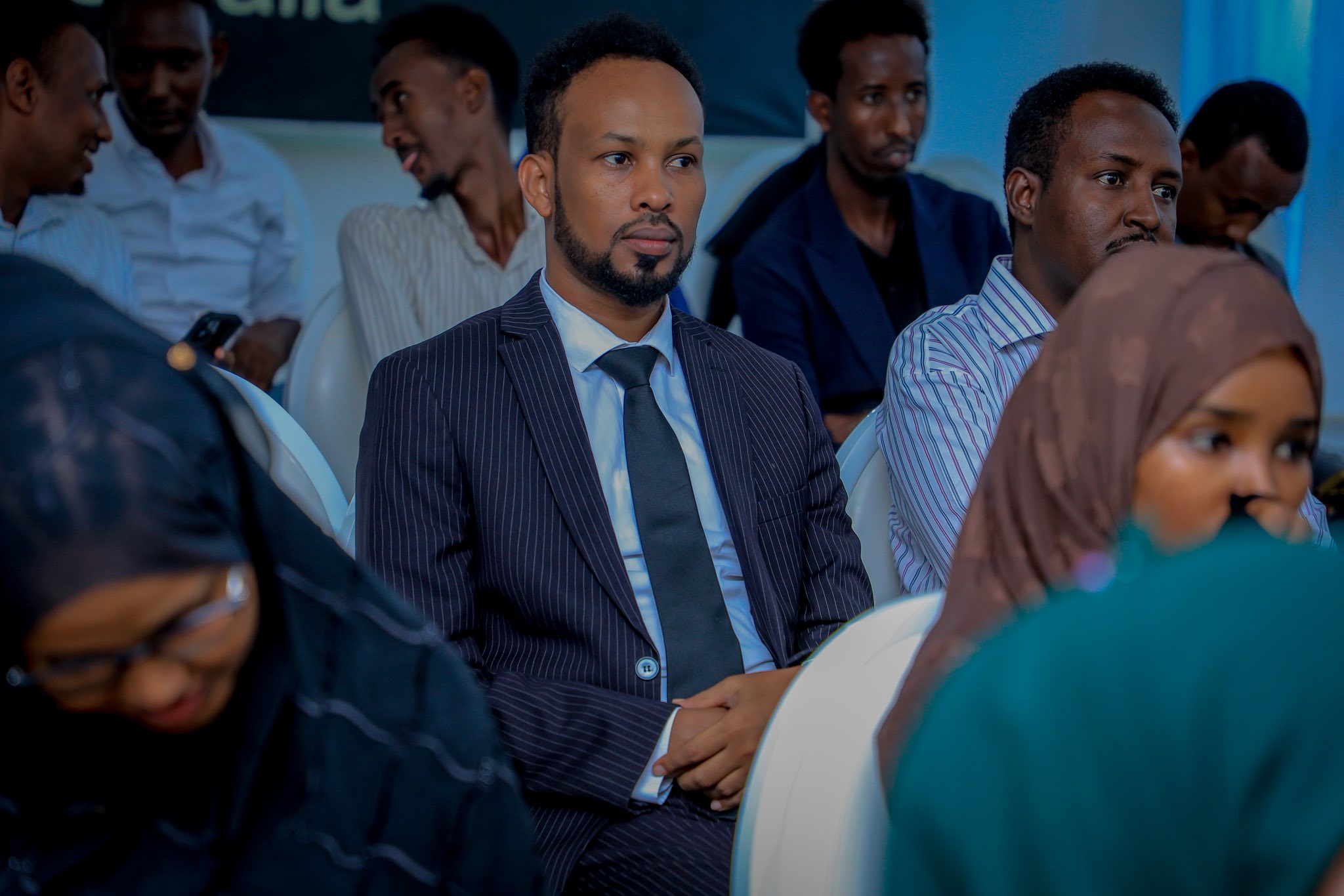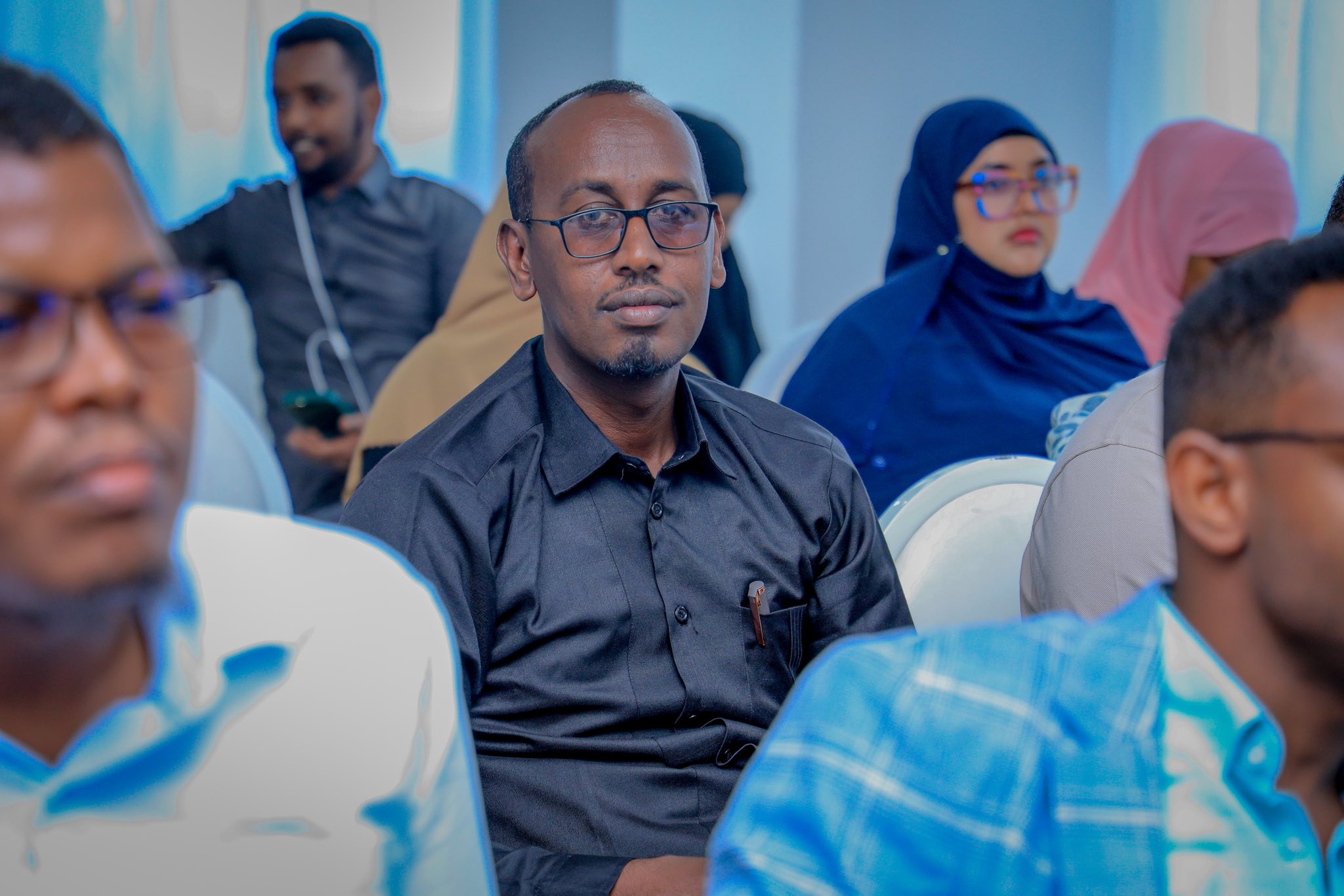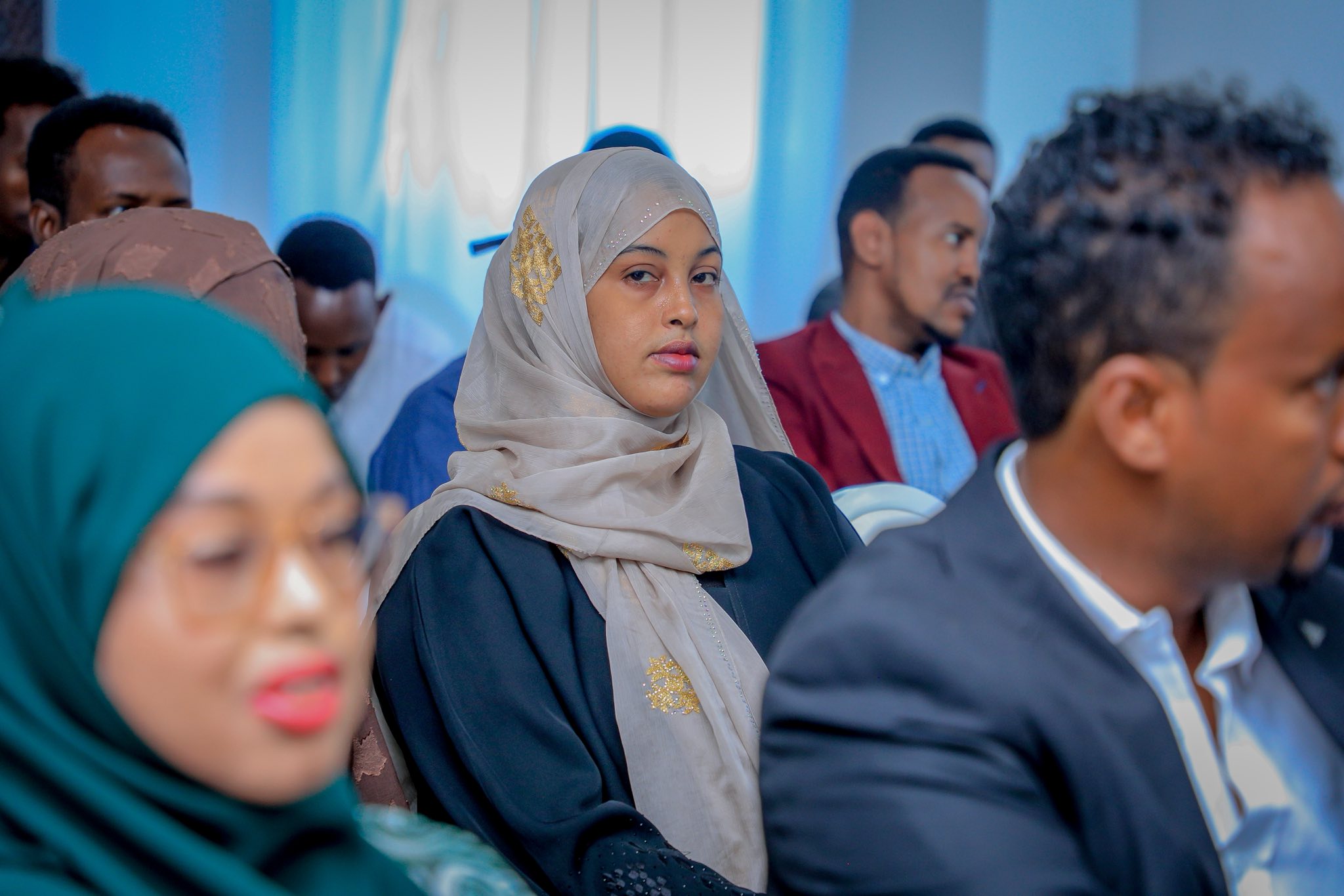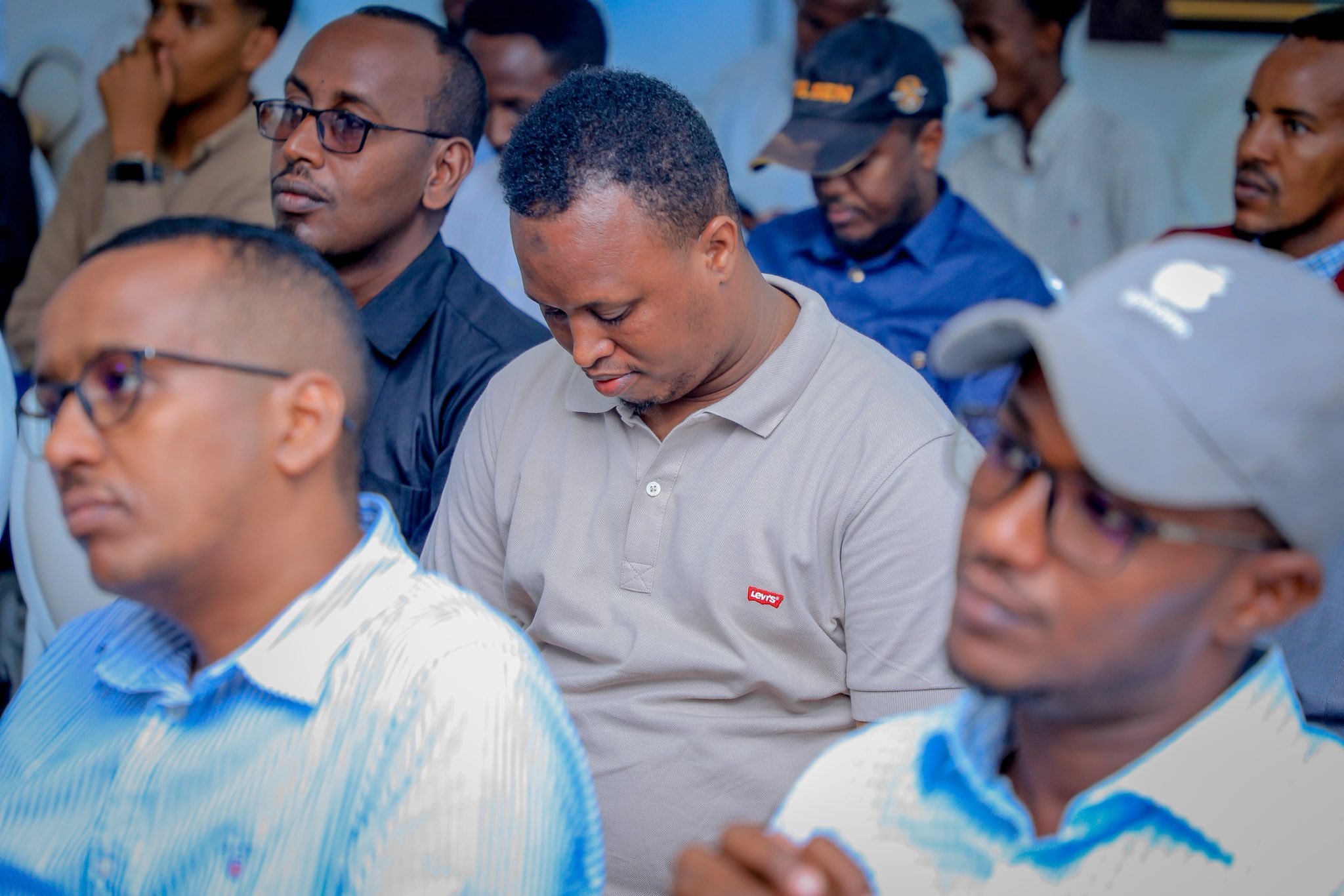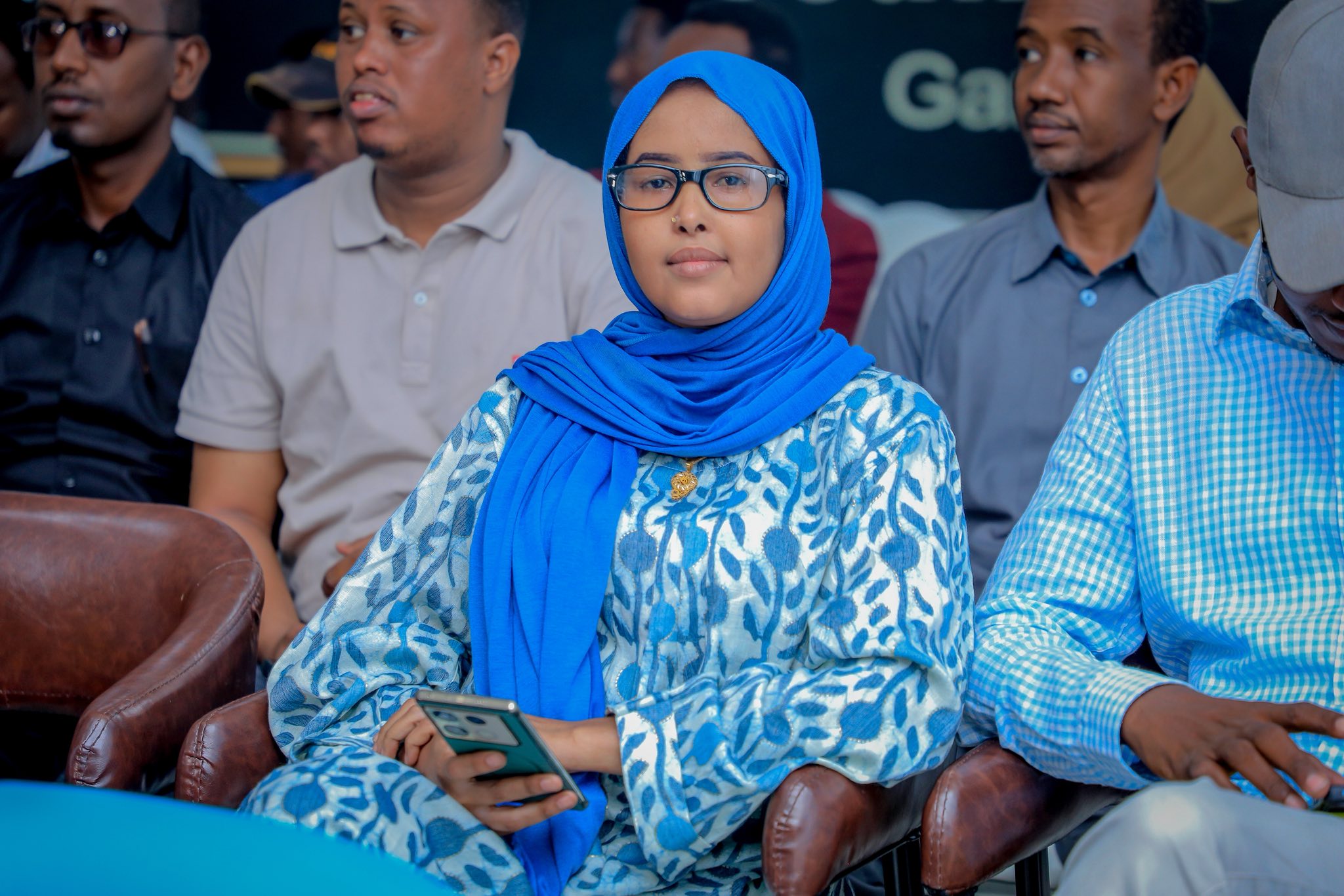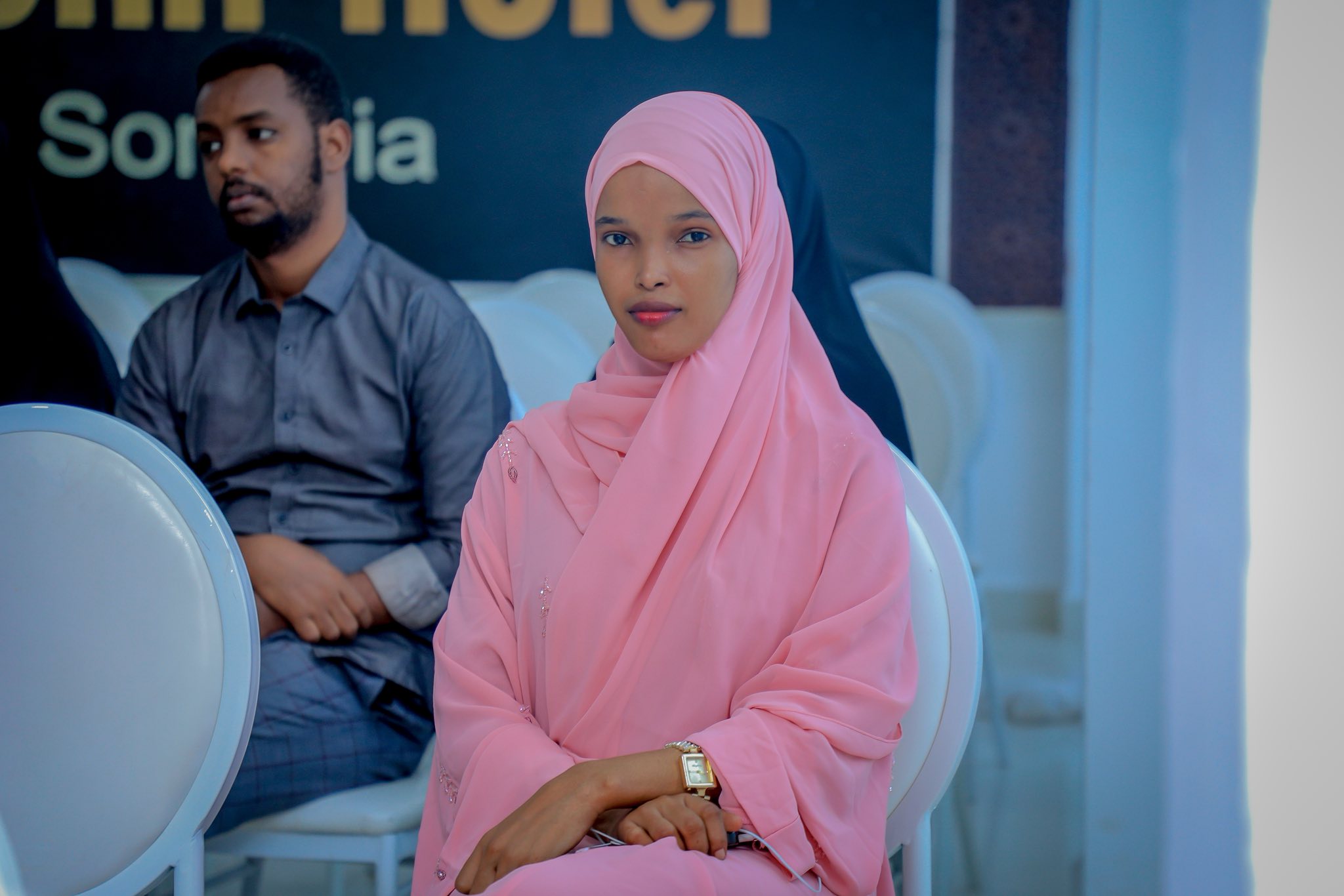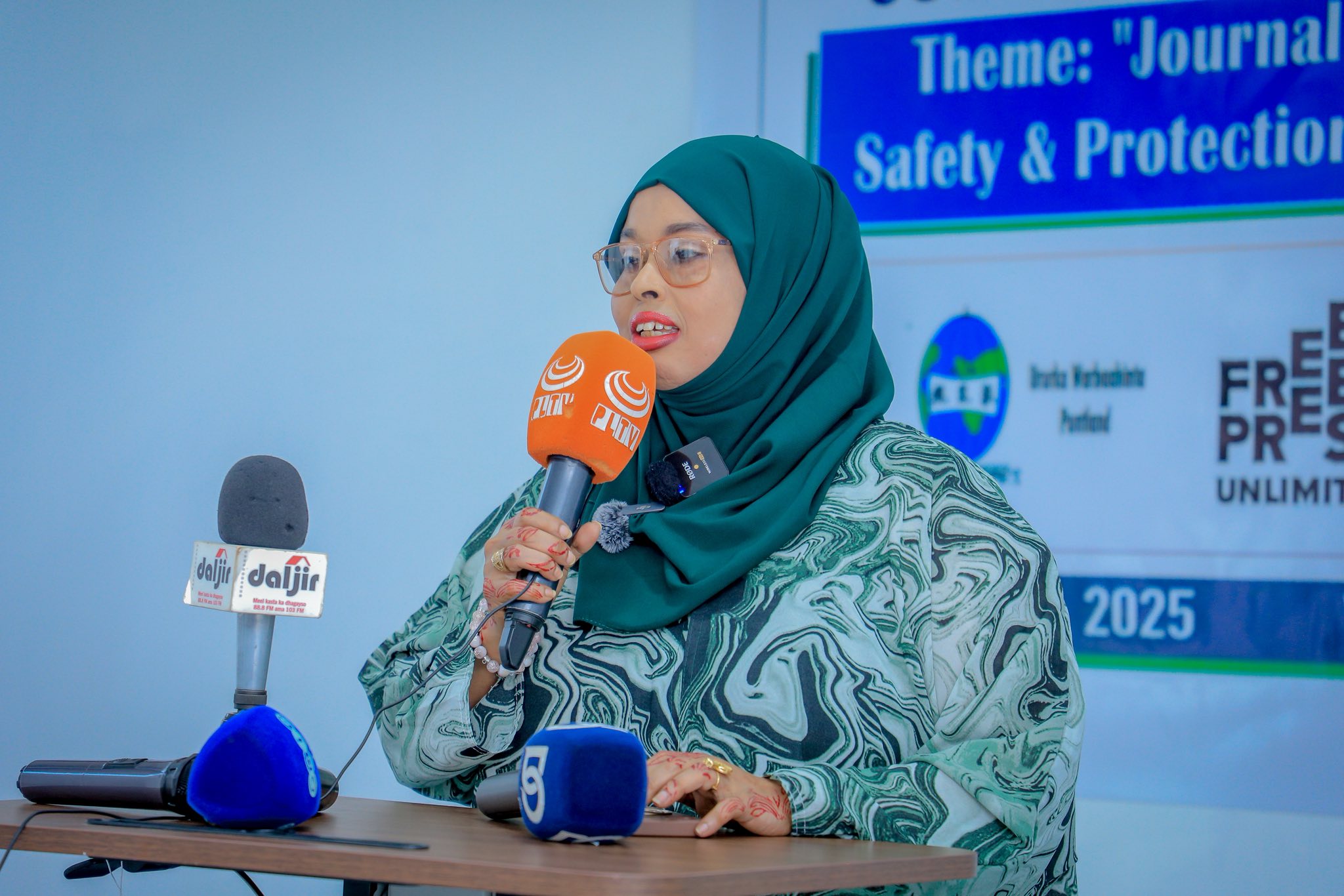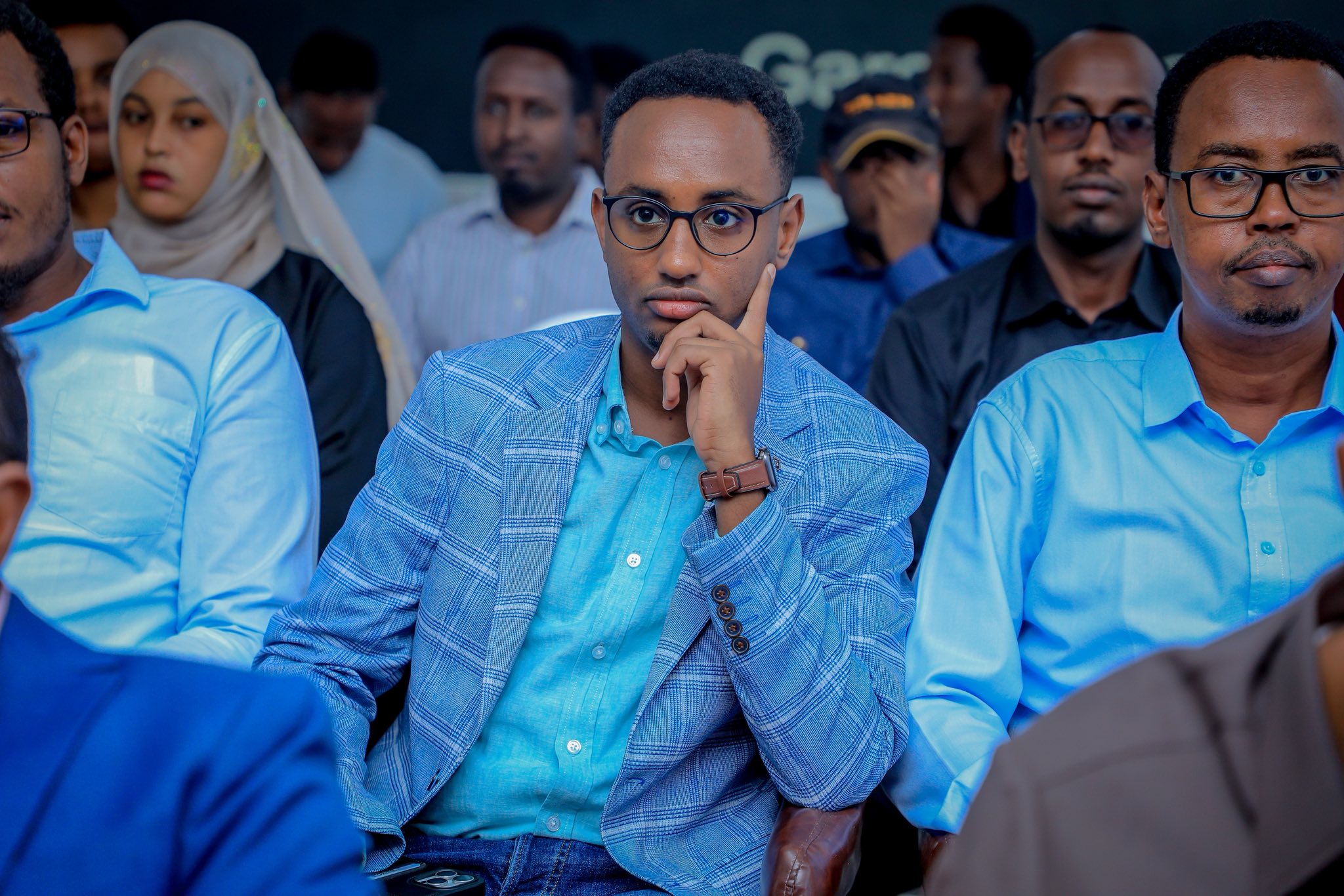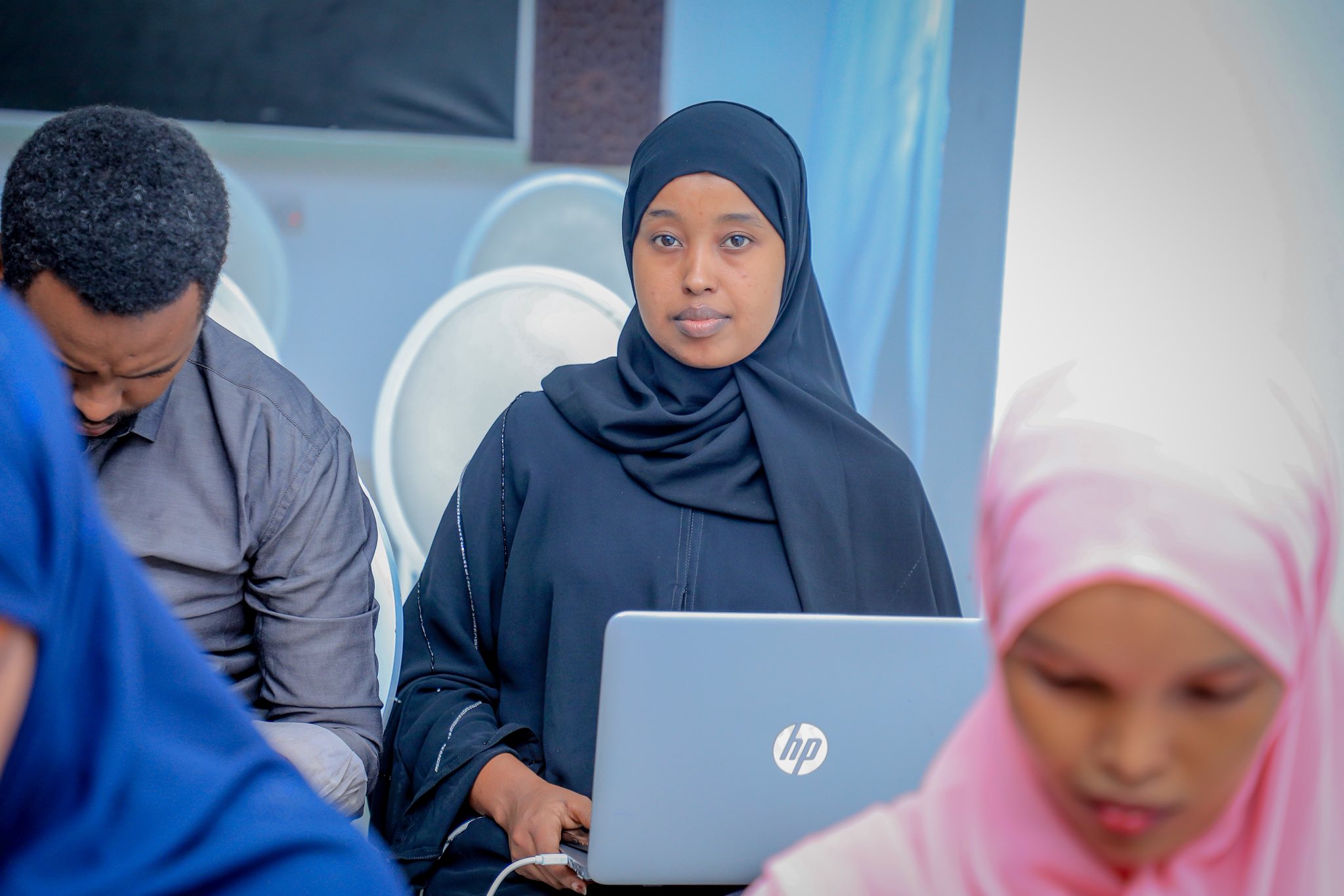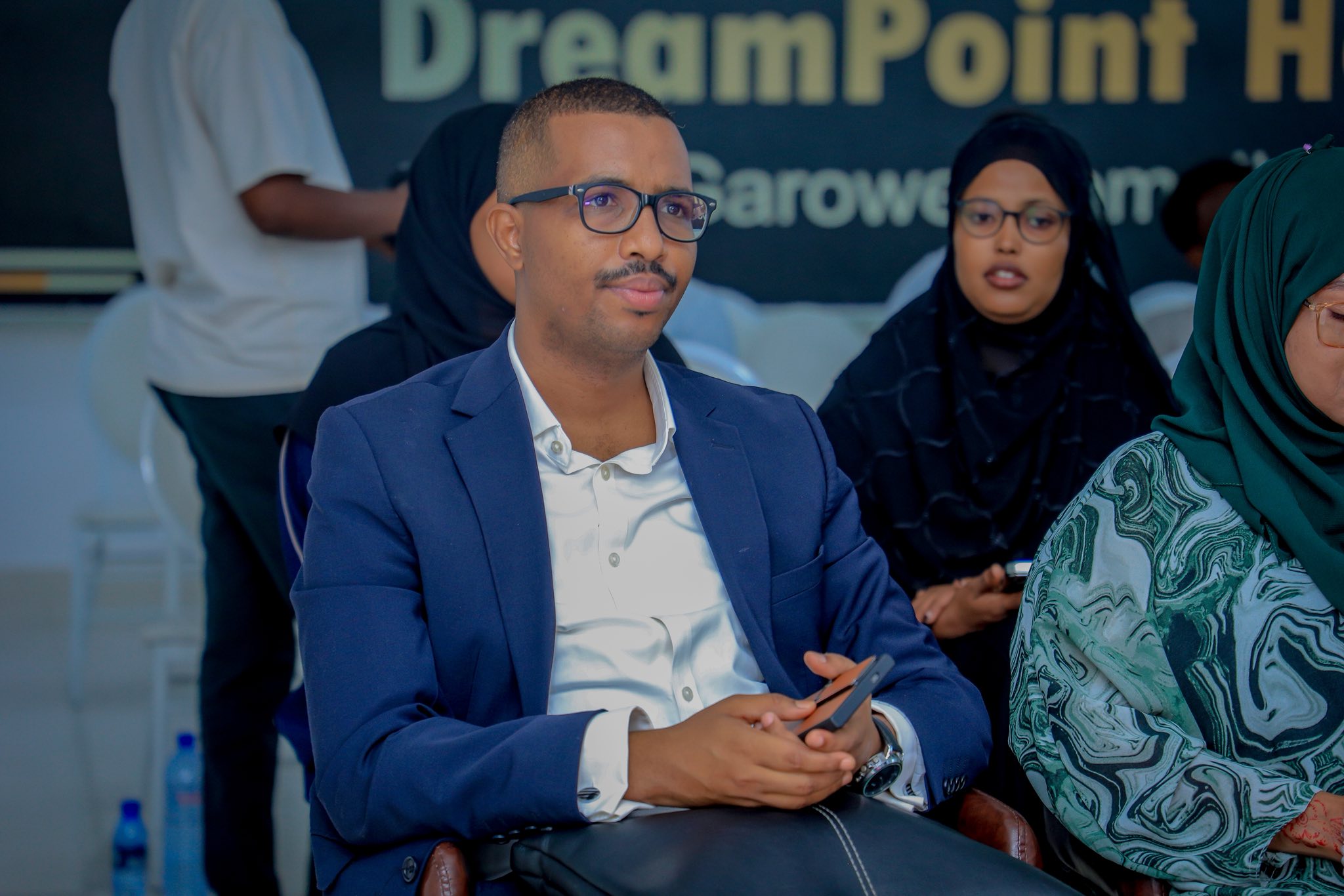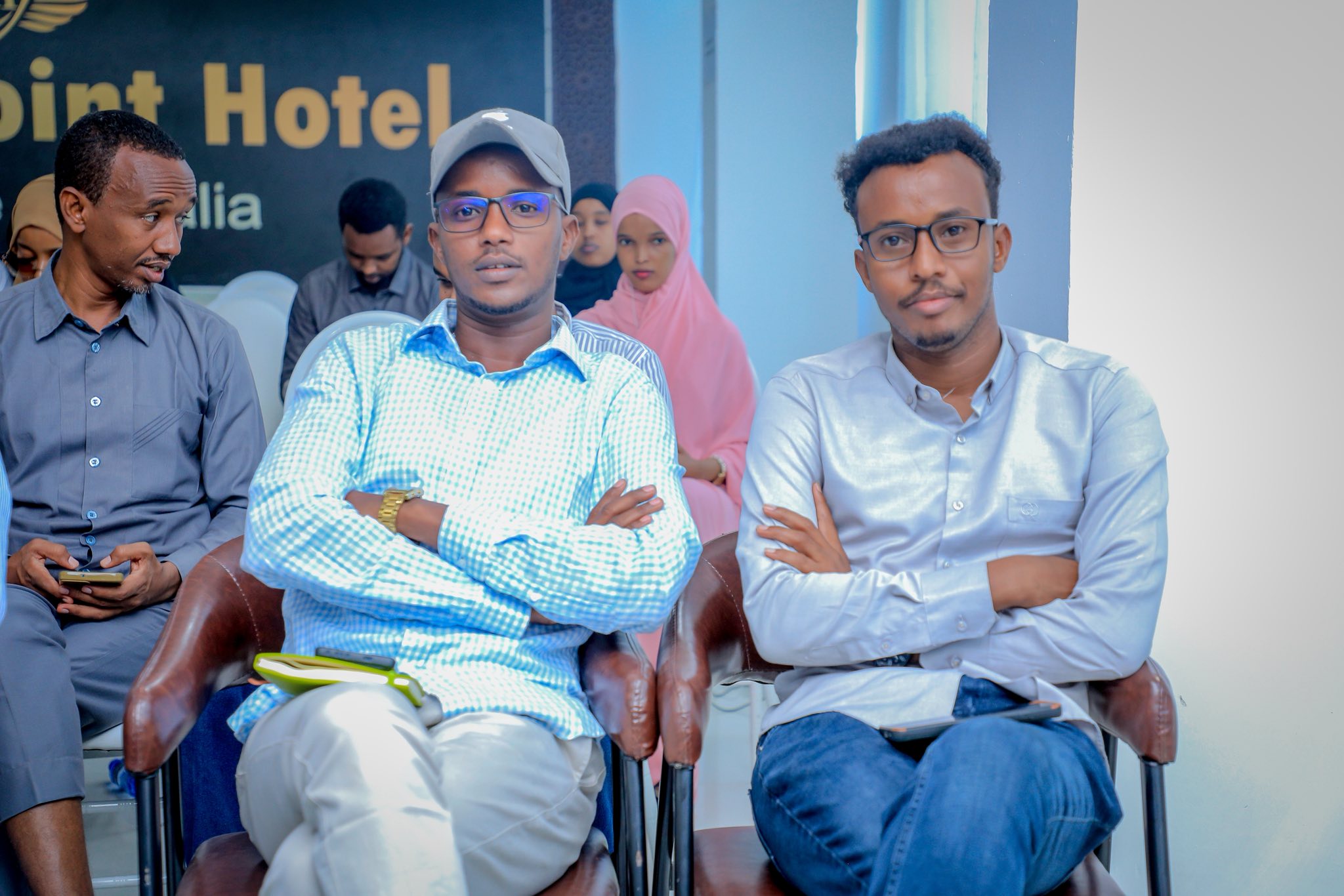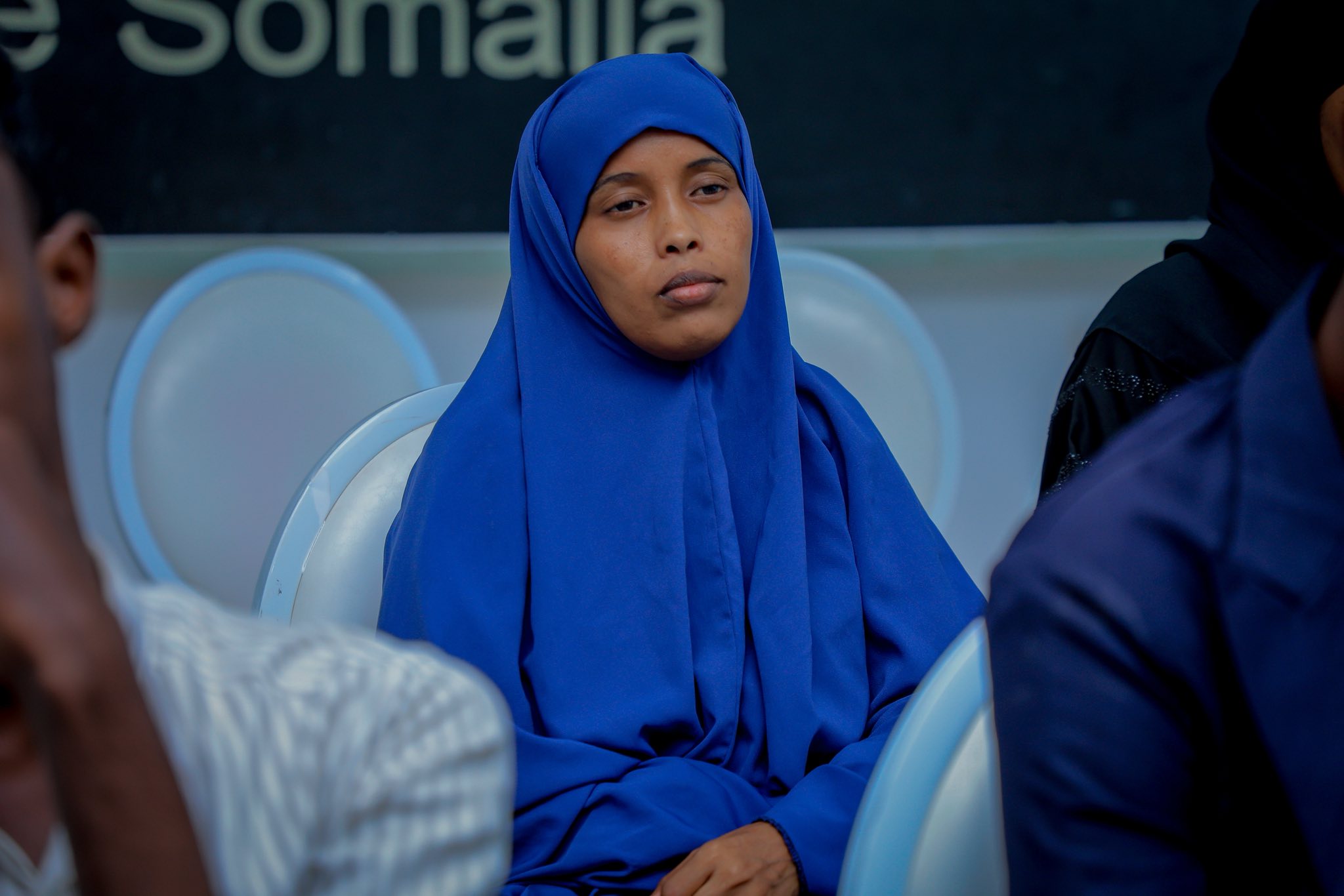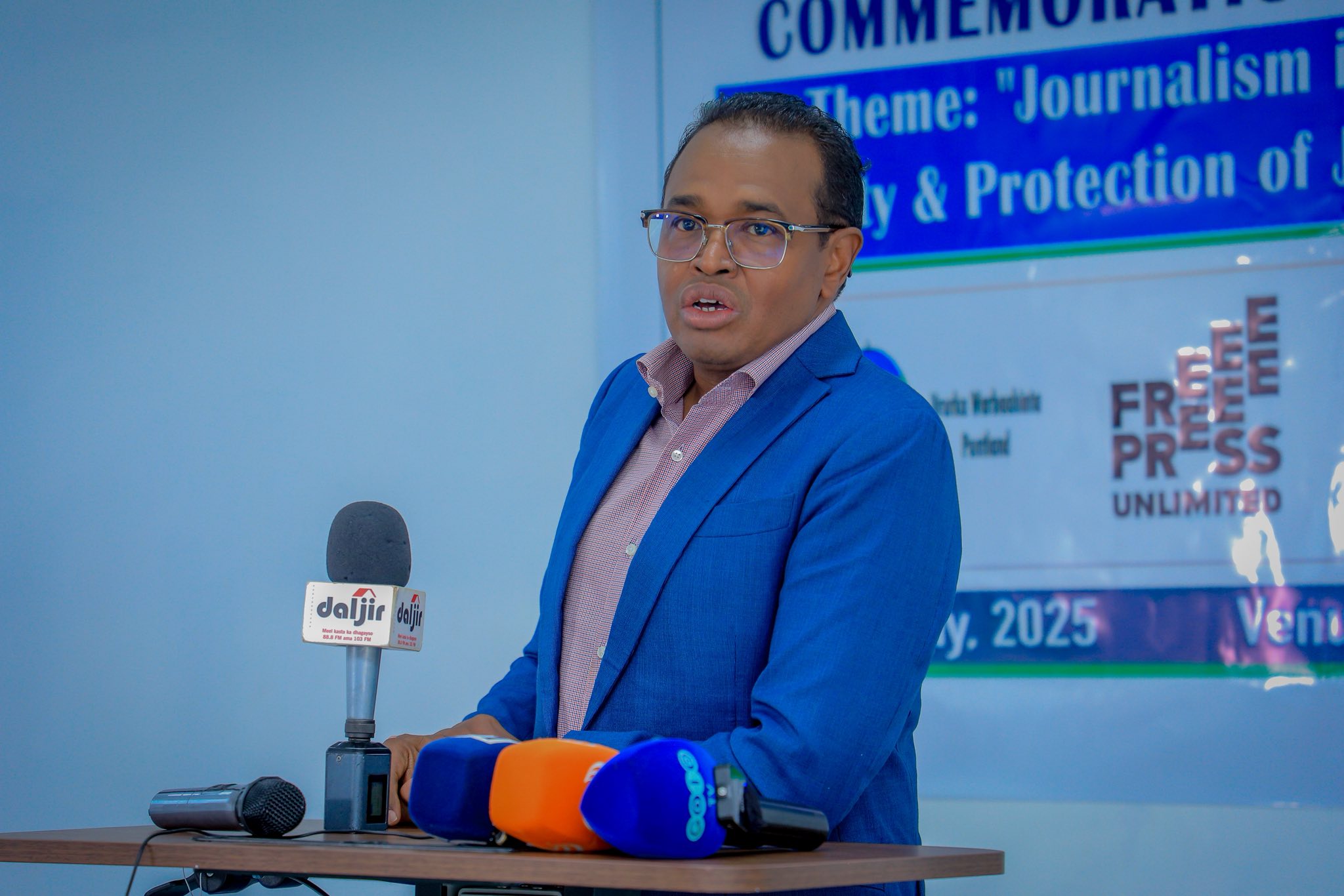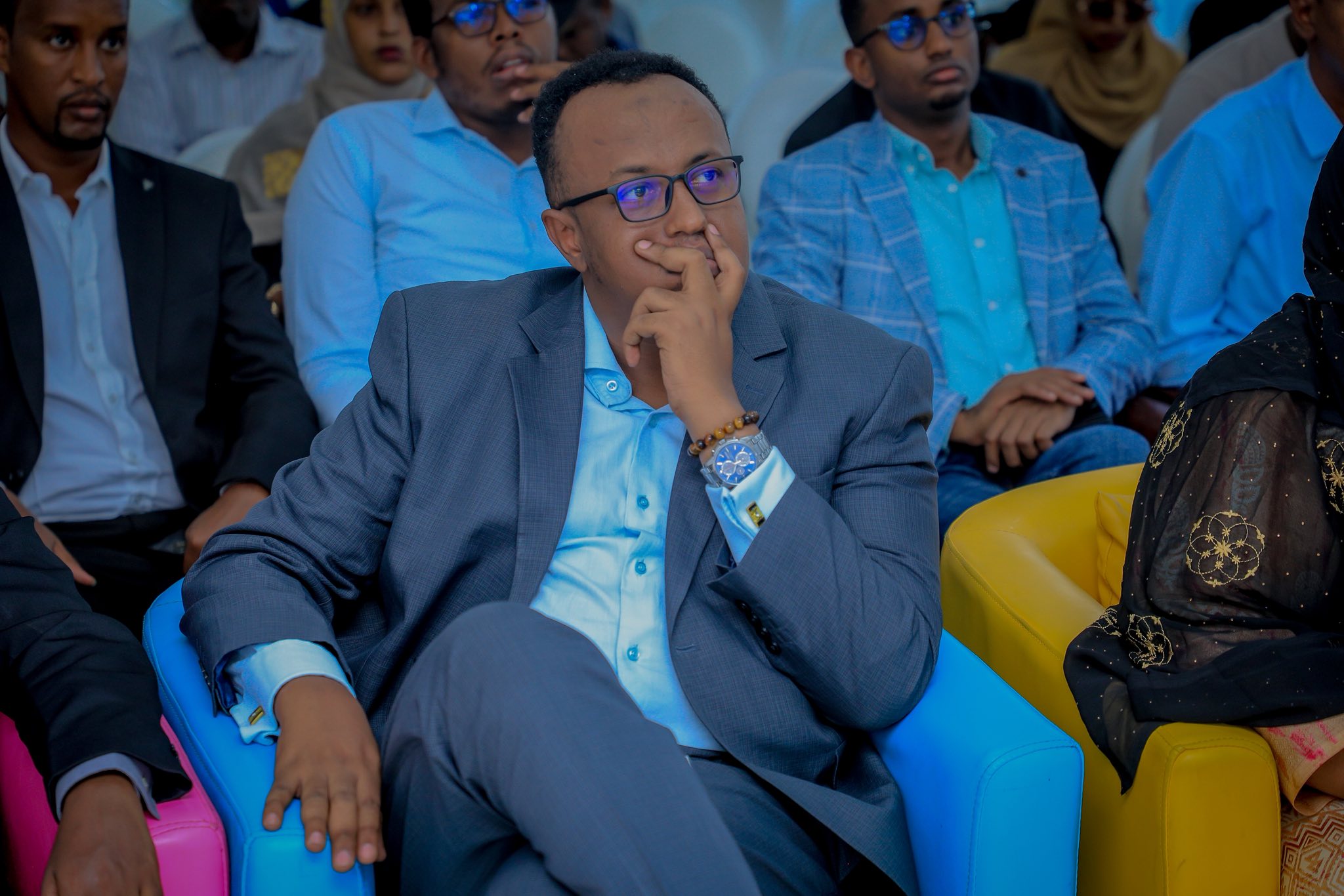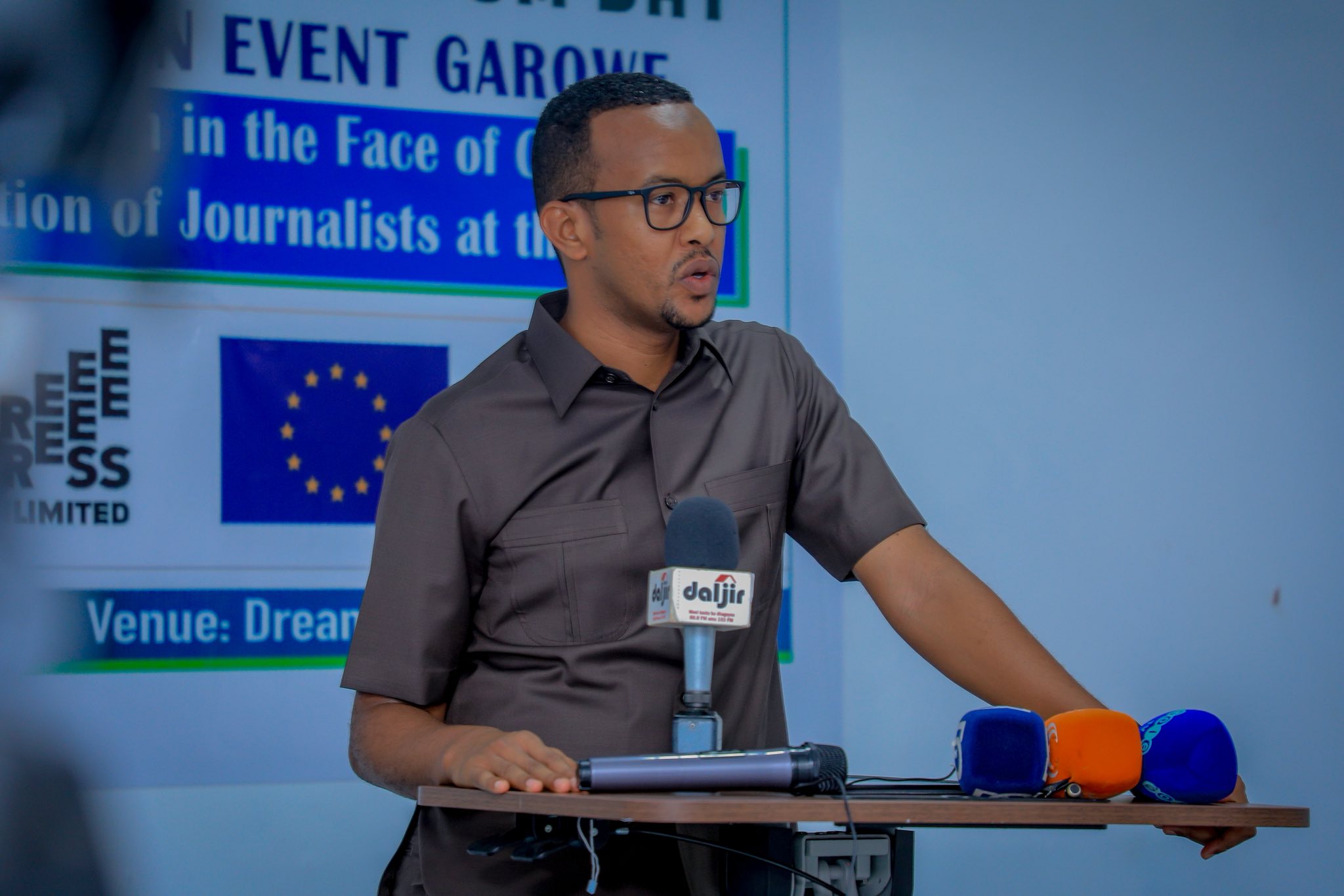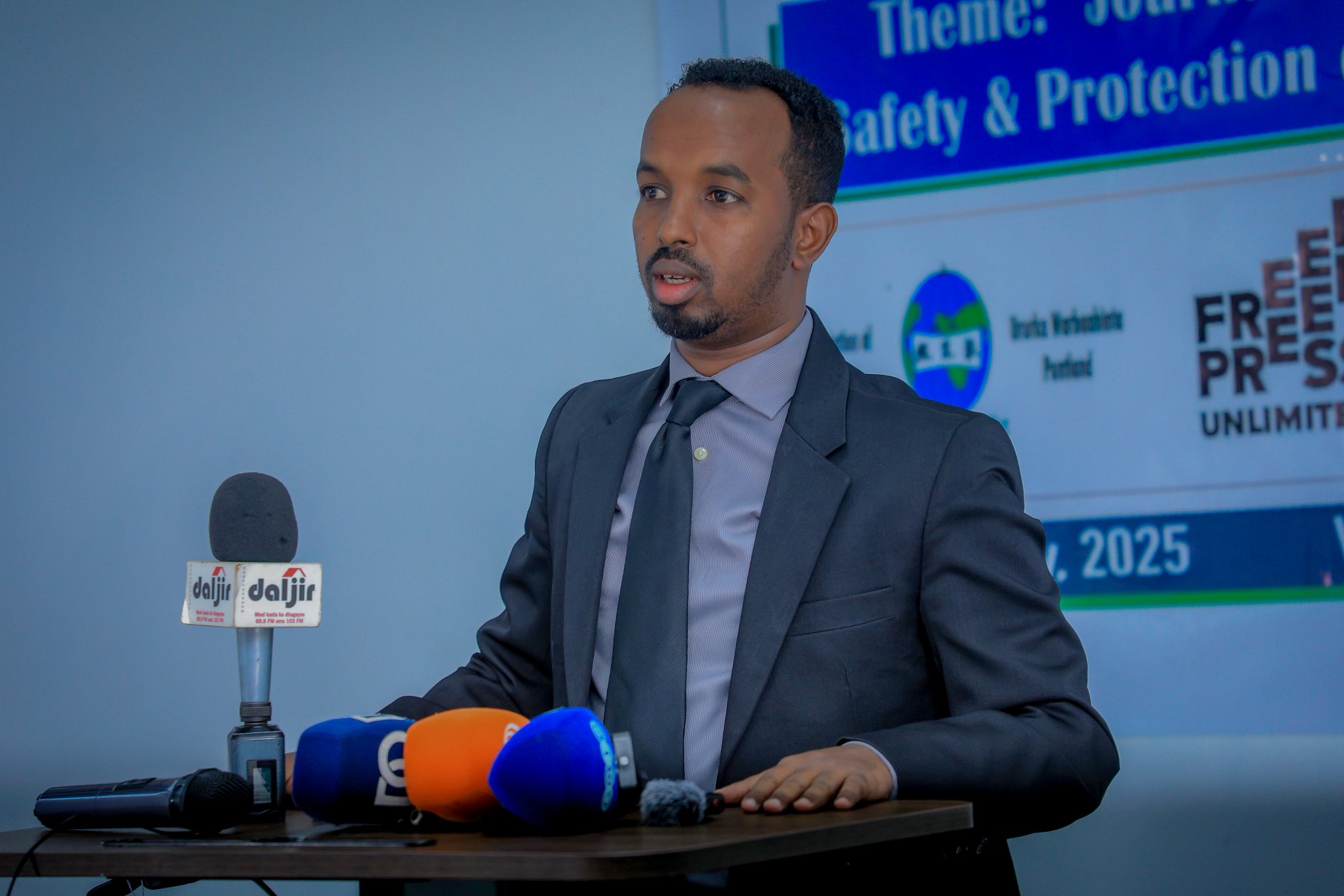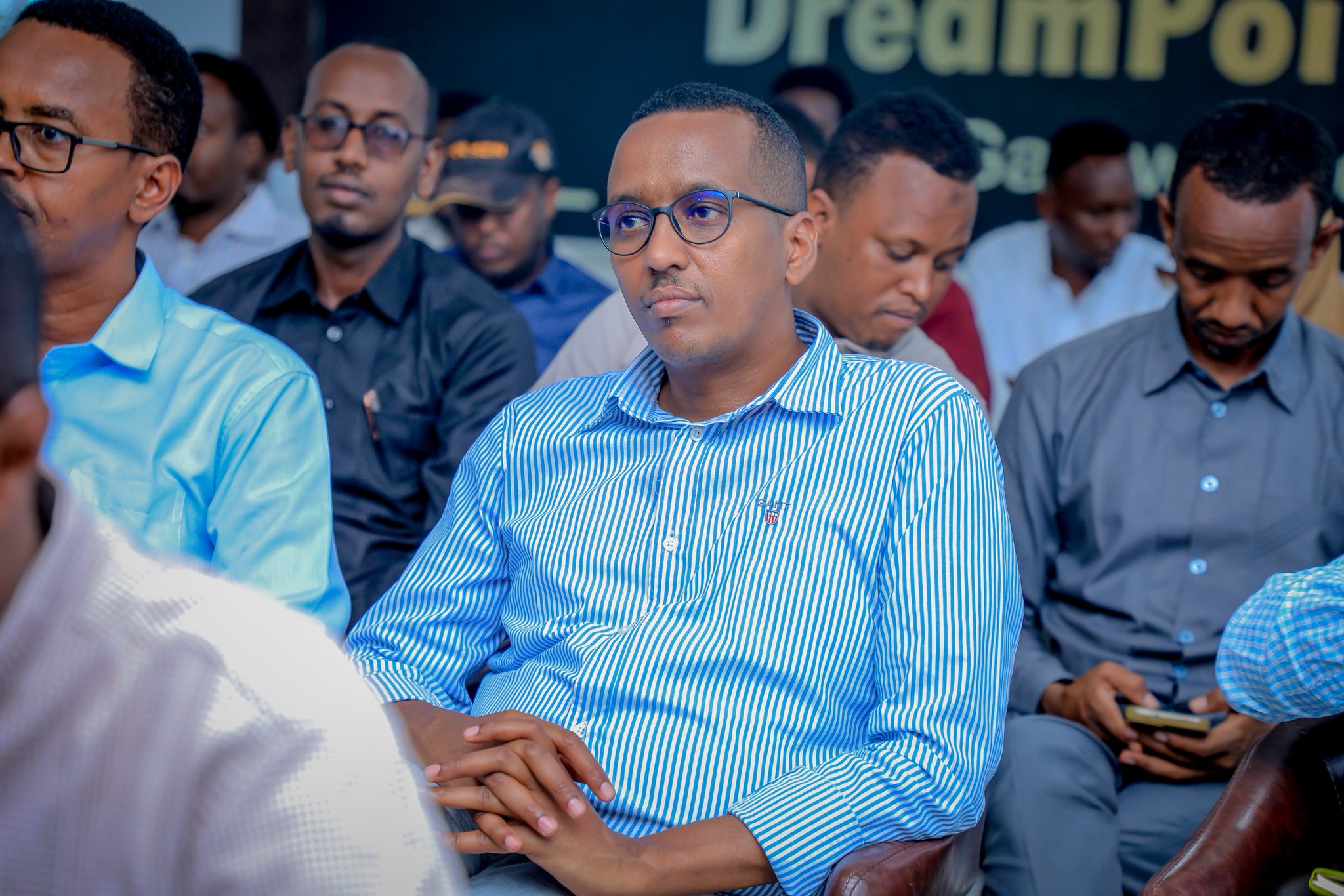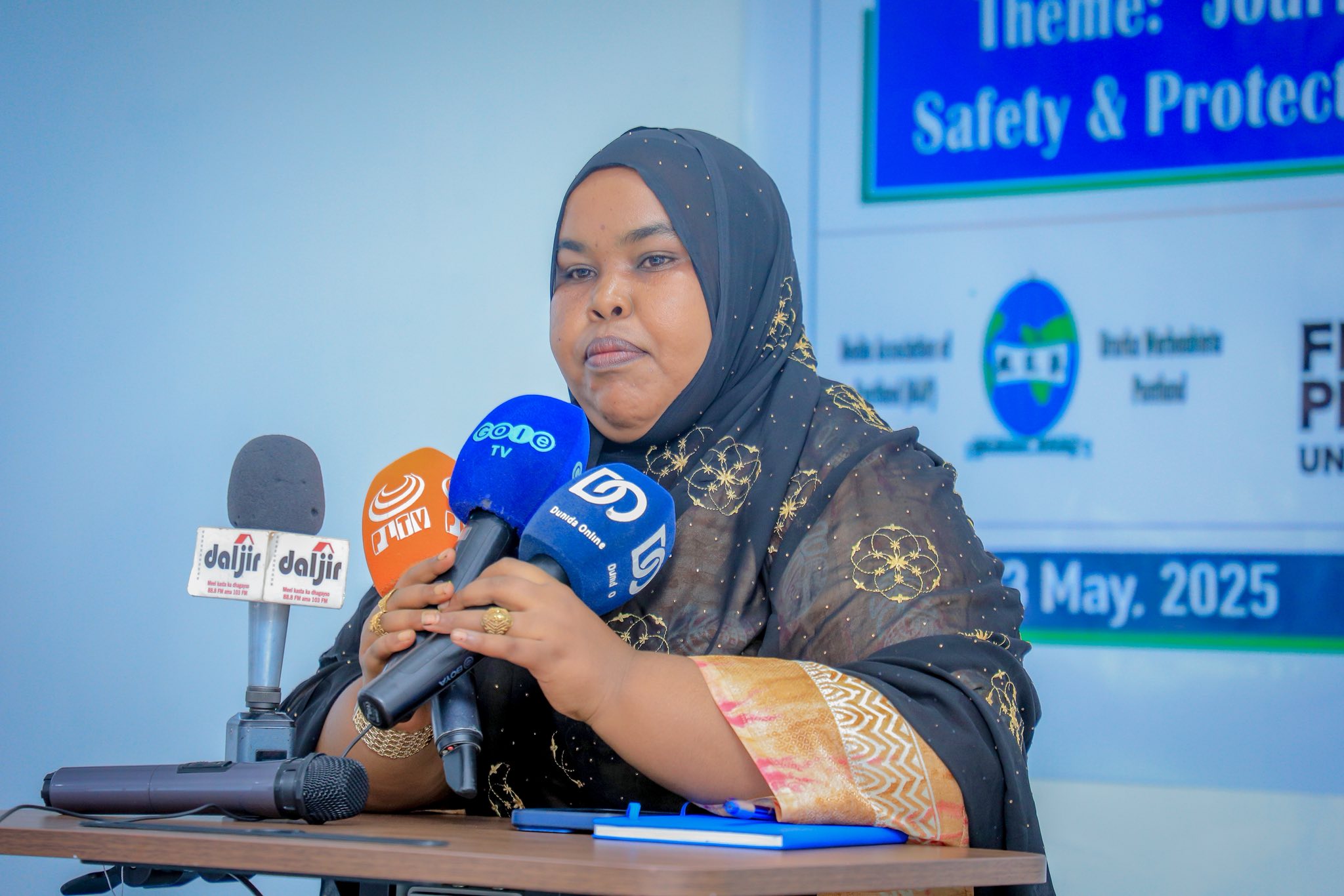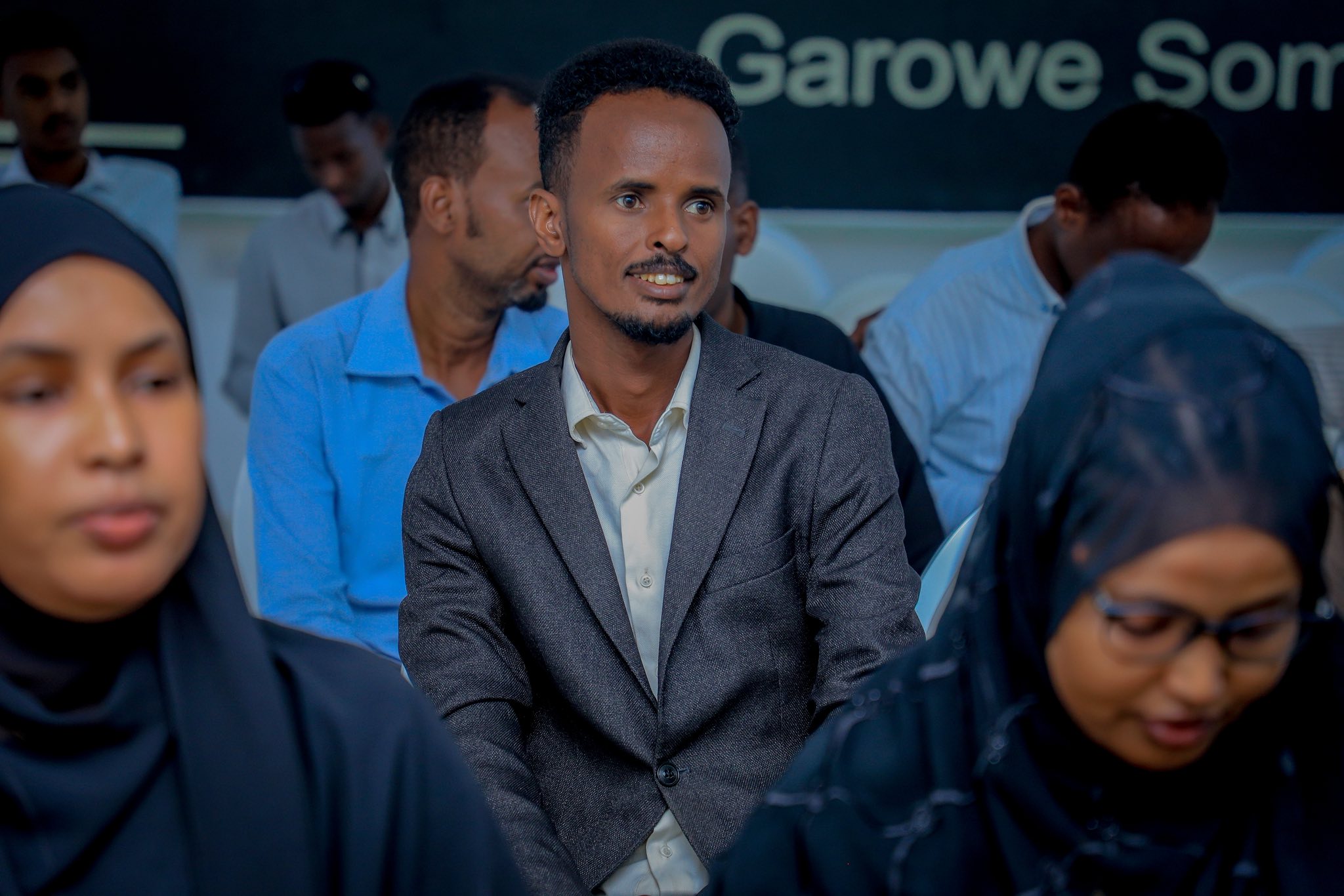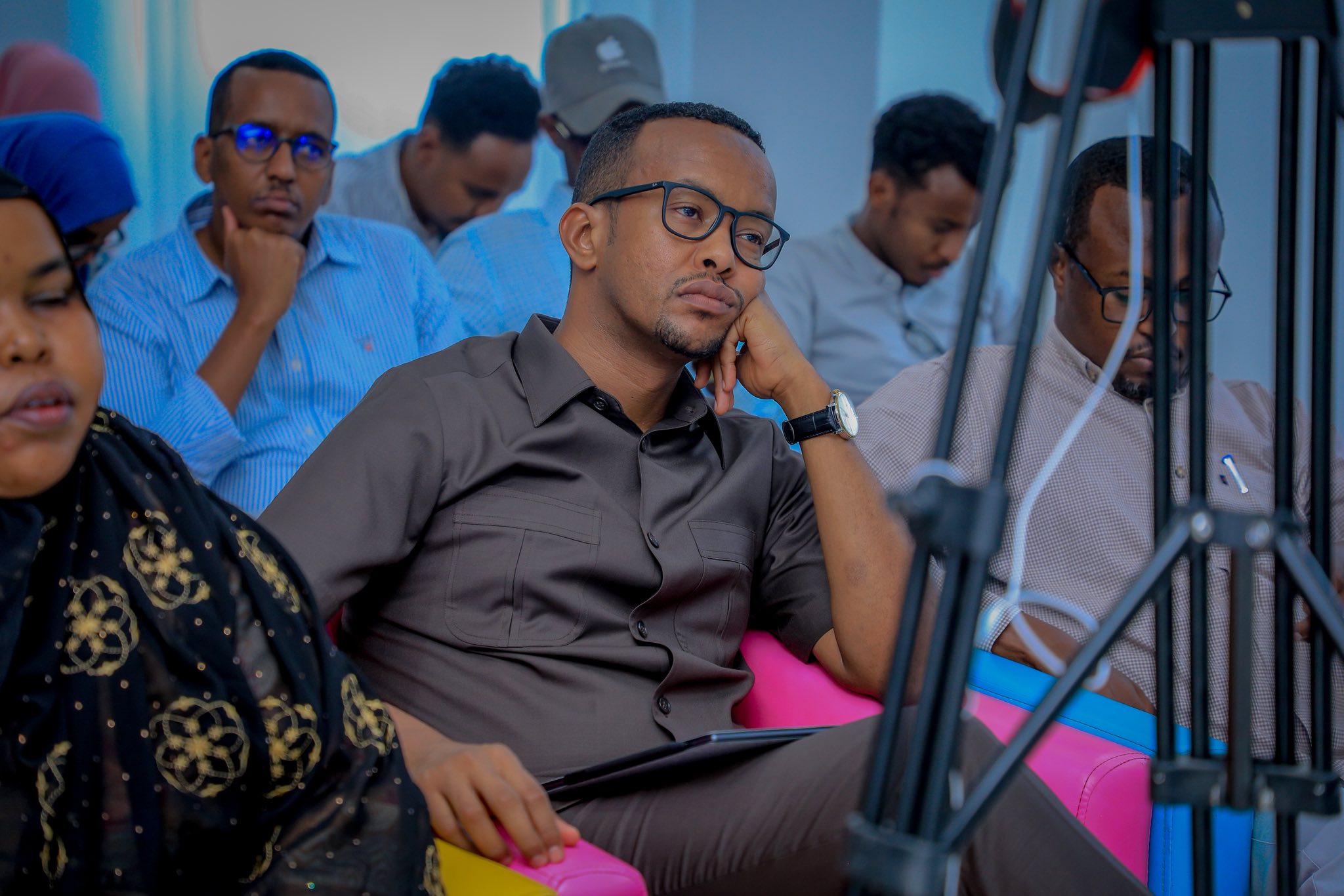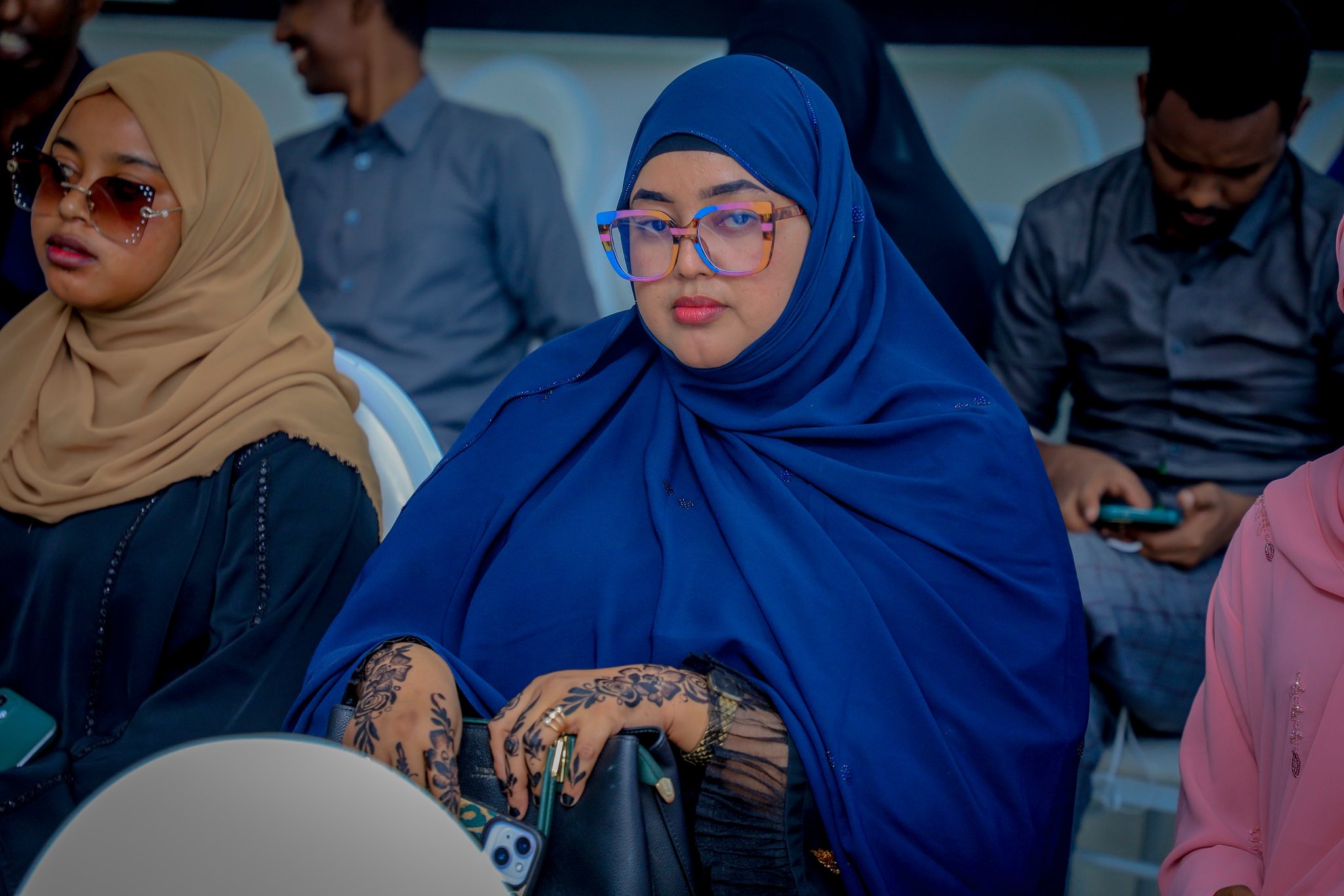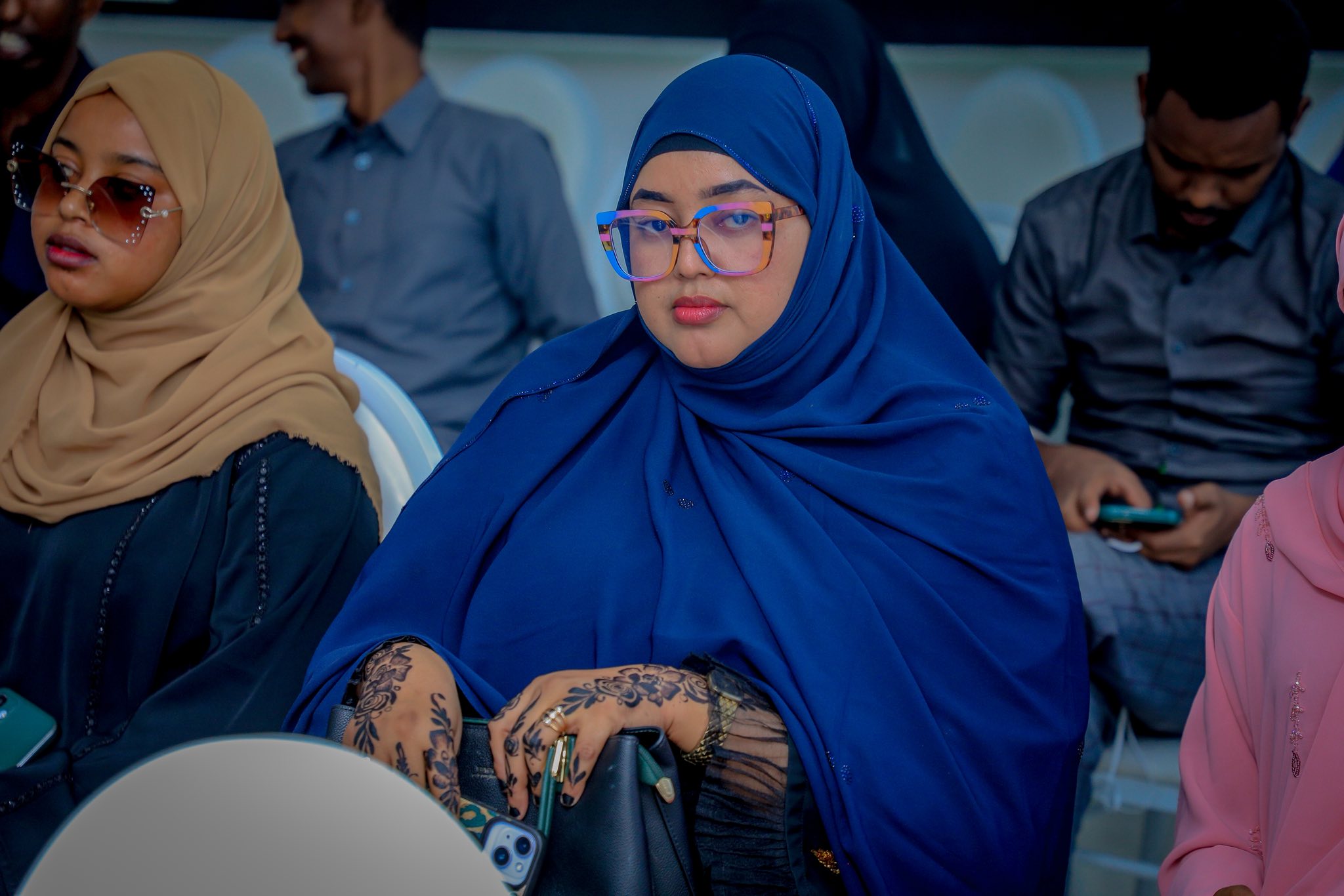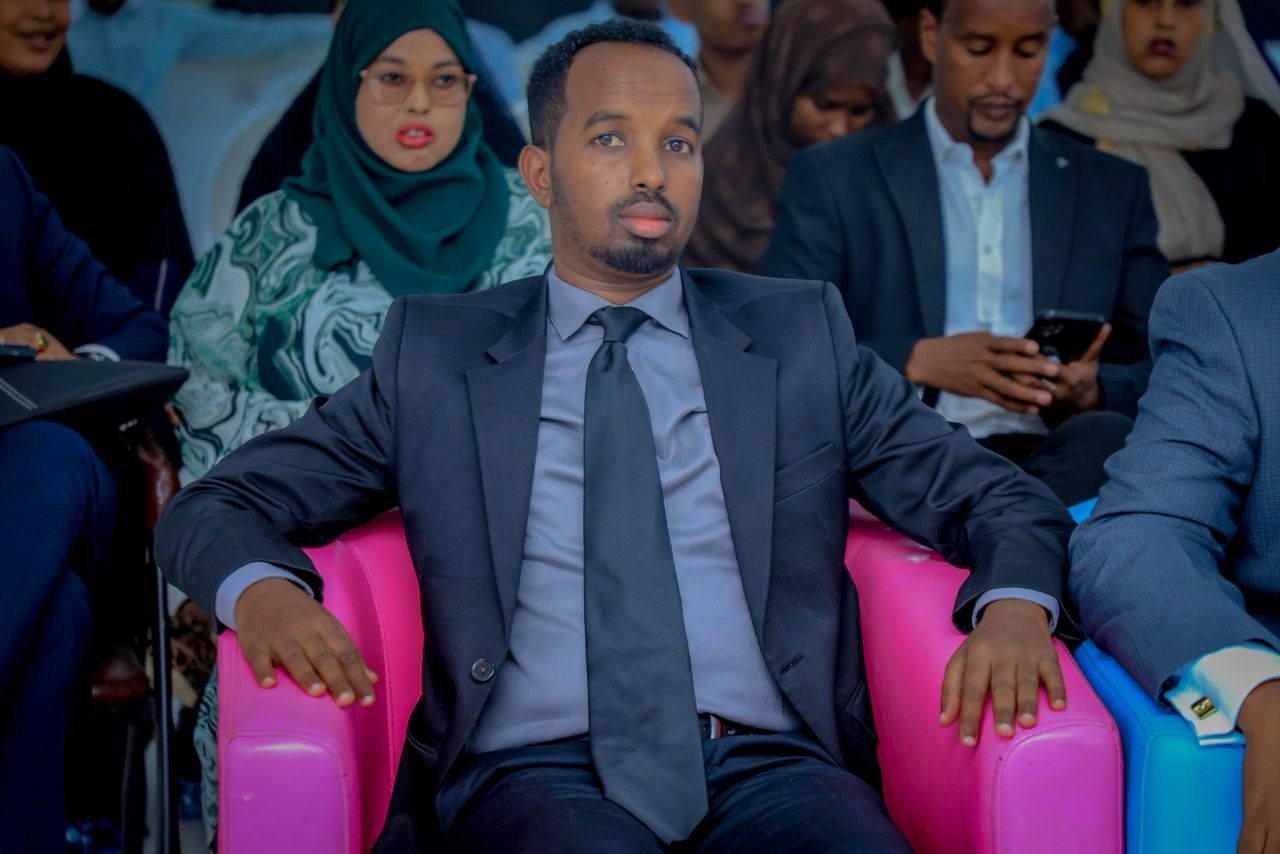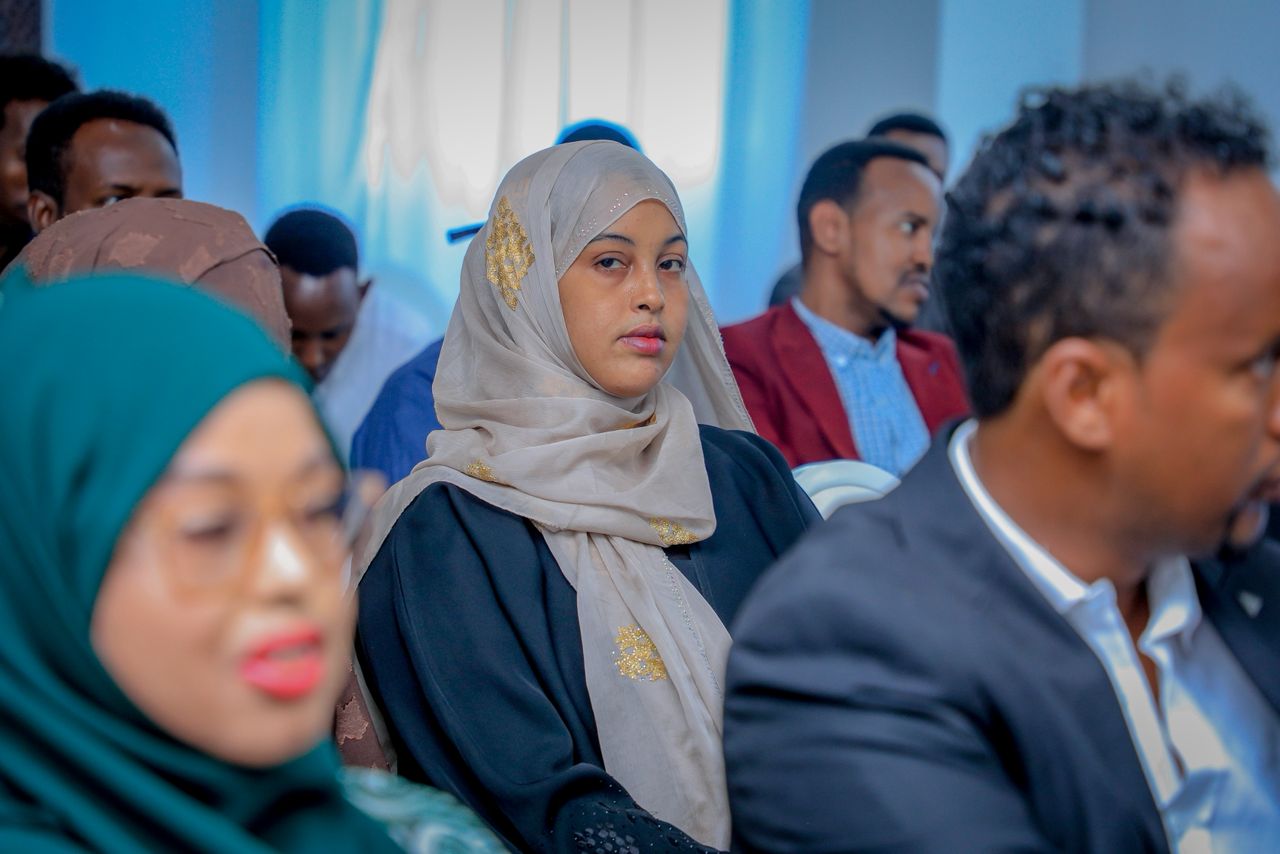Garowe, May 04, 2025 – The Media Association of Puntland (MAP), in partnership with Free Press Unlimited under an EU-supported program, commemorated World Press Freedom Day 2025 with a high-level forum in Garowe. This year’s observance took place under the global theme, “Reporting in the Brave New World: The Impact of Artificial Intelligence on Press Freedom and the Media.”
The event brought together more than 50 participants, including journalists, editors, government officials, civil society actors, youth and women’s organizations, human rights defenders, and academics, all committed to advancing press freedom and public access to information in Puntland.
World Press Freedom Day is not only a moment to celebrate the fundamental values of press freedom but also to reflect critically on the challenges facing the media landscape.
The theme for this year highlights the unprecedented transformations brought about by artificial intelligence and digital technologies, which are rapidly altering how news is produced, distributed, and consumed. While such tools present significant opportunities for improved efficiency, data analysis, and content reach, they also raise profound questions about ethics, misinformation, transparency, and the future role of journalists in ensuring truth and accountability.
In his opening remarks, MAP Chairperson Mohamed Dahir Warsame emphasized the transformative moment Puntland finds itself in, particularly in light of the landmark approval of the Puntland Access to Information Act in October 2024. He noted that this legislation lays the foundation for a new era of transparency, where access to accurate, timely information can build public trust and foster accountable governance.
Reflecting on this year’s WPFD theme, “Reporting in the Brave New World: The Impact of Artificial Intelligence on Press Freedom and the Media,” Warsame highlighted how the intersection of new technologies and legal frameworks like the Access to Information Act can shape the future of journalism in Puntland. While AI offers tools to enhance investigative work and reach wider audiences, he stressed that no algorithm can replace the role of laws that guarantee the right to know — or the responsibility of journalists to pursue that right.
“The Access to Information Act is a cornerstone of press freedom in the digital age,” Warsame stated. “As we embrace new technologies like AI in journalism, we must also fully use the legal tools that protect our profession and empower the public. There are countless untold stories in Puntland — about education, health, environment, and governance — and journalists must take the initiative to uncover them, using this Act as a key to open doors that were once closed.”
—— Mohamed Dahir Warsame, Chairperson of MAP,
Although the law has begun to be used, the pace of implementation remains slow. Warsame acknowledges that some progress has been made, with certain government institutions showing a willingness to respond to information requests. However, he urged greater commitment from both sides — calling on institutions to uphold their duty to transparency and on journalists to fully engage with the law.
He concluded by reminding participants that while AI may change the how of journalism, the why remains the same: to inform the public, expose the truth, and defend democracy.
Despite progress, journalist safety remains a pressing concern. During the event, MAP presented troubling data from its media monitoring platform, highlighting a significant number of cases involving journalists since October 2024. Many of the affected reporters were covering security operations against extremist groups, particularly in the Bari region. These incidents have contributed to a climate of intimidation, placing additional psychological pressure on journalists and hindering their ability to report freely.
MAP’s leadership called on authorities and society at large to treat these threats with the seriousness they deserve. “We must treat these threats as attacks not only on individual journalists but on the right of the public to access timely and accurate information,” Warsame noted. “Silencing the press is silencing the people. Journalism must be protected as a pillar of peace and progress.”
The forum featured remarks from senior government and civil society figures who affirmed their solidarity with the media. Hon. Mohamed Farole, Minister of Environment and Climate Change, commended the work of journalists in amplifying environmental and climate-related issues. He stressed that the safety and freedom of journalists are closely tied to society’s broader ability to address challenges like deforestation, water scarcity, and drought preparedness.
“Journalists play a vital role in raising awareness on environmental issues and climate resilience. Their safety and access to information are directly tied to our ability to serve communities facing ecological threats,”
— Hon. Mohamed Farole, Minister of Environment and Climate Change,
Deputy Minister of Information Hon. Yacquub Abdalla also addressed the forum, reiterating the government’s commitment to implementing the Access to Information Act. He recognized that the Act marks a major step forward for democracy in Puntland but emphasized that media must also uphold professional standards. “The government is committed to implementing the Access to Information Act in full,” he said. “But we also expect journalists to exercise their duties ethically, especially in this age of rapid digital transformation.”
Mr. Abdirahman Abdirisaq, chairperson of the Puntland Non-State Actors Association (PUNSAA), offered strong support for the cause of press freedom, noting the essential role the media plays in democratic development. “We stand in solidarity with the media. No democratic development can take root without a free and responsible press. AI should enhance — not erode — the journalist’s role as a guardian of truth,” he remarked.
Also weighing in was Hon. Mohamed Abdi, a member of the Social Affairs Committee in the Puntland Parliament. He highlighted the legislature’s role in overseeing the implementation of the Access to Information Act and ensuring that the media environment remains open and enabling. “This law is not just about granting access to files — it’s about unlocking civic participation,” he said. “Journalists must use it with courage and care, and Parliament will continue to play its role in protecting the rights of both the press and the public.”
Participants also engaged in critical dialogue about the increasing role of AI in journalism. Panelists acknowledged that while AI offers powerful tools for research, automation, and efficiency, it also poses new risks such as algorithmic bias, deepfakes, loss of editorial control, and reduced human oversight. There was a shared understanding that Puntland’s media must not shy away from these advancements but instead embrace them responsibly. MAP pledged to roll out a series of trainings to improve AI literacy, digital security, and ethical reporting practices for journalists in the coming year.
As the day concluded, there was a unified call for action: to create an environment in Puntland where press freedom is protected not only by law but by a culture of openness and mutual respect. The Access to Information Act should not be a symbolic document but a living instrument that strengthens democracy, fosters civic engagement, and holds power to account. Threats and intimidation against journalists must be condemned at all levels and addressed swiftly and transparently.
The event reinforced that real press freedom means more than the absence of censorship; it requires active safeguards, responsive institutions, and a resilient media community equipped to meet the challenges of the modern information landscape.
As MAP continues its mission to empower journalists, defend their rights, and uphold ethical journalism, the association reaffirms its belief that a free, safe, and independent press is the cornerstone of any democratic and peaceful society.
END
